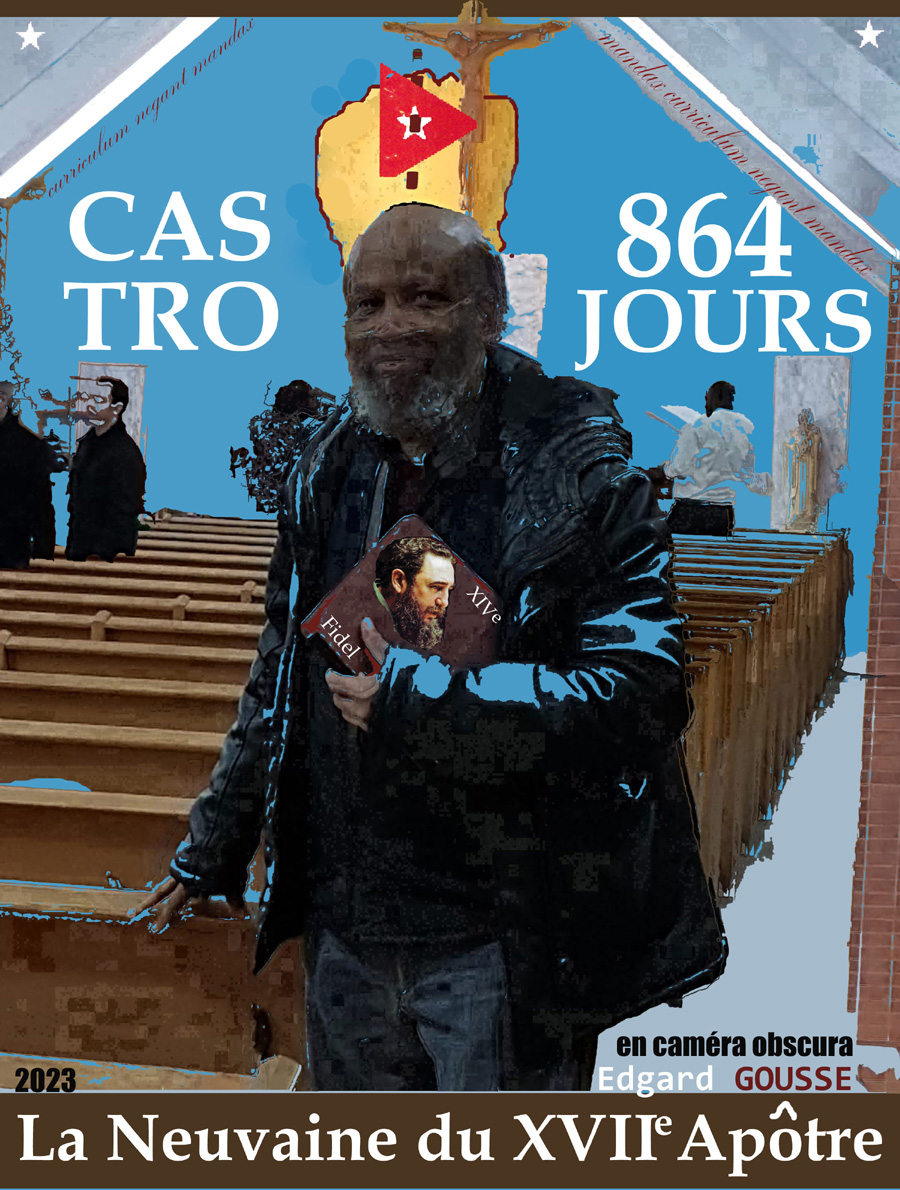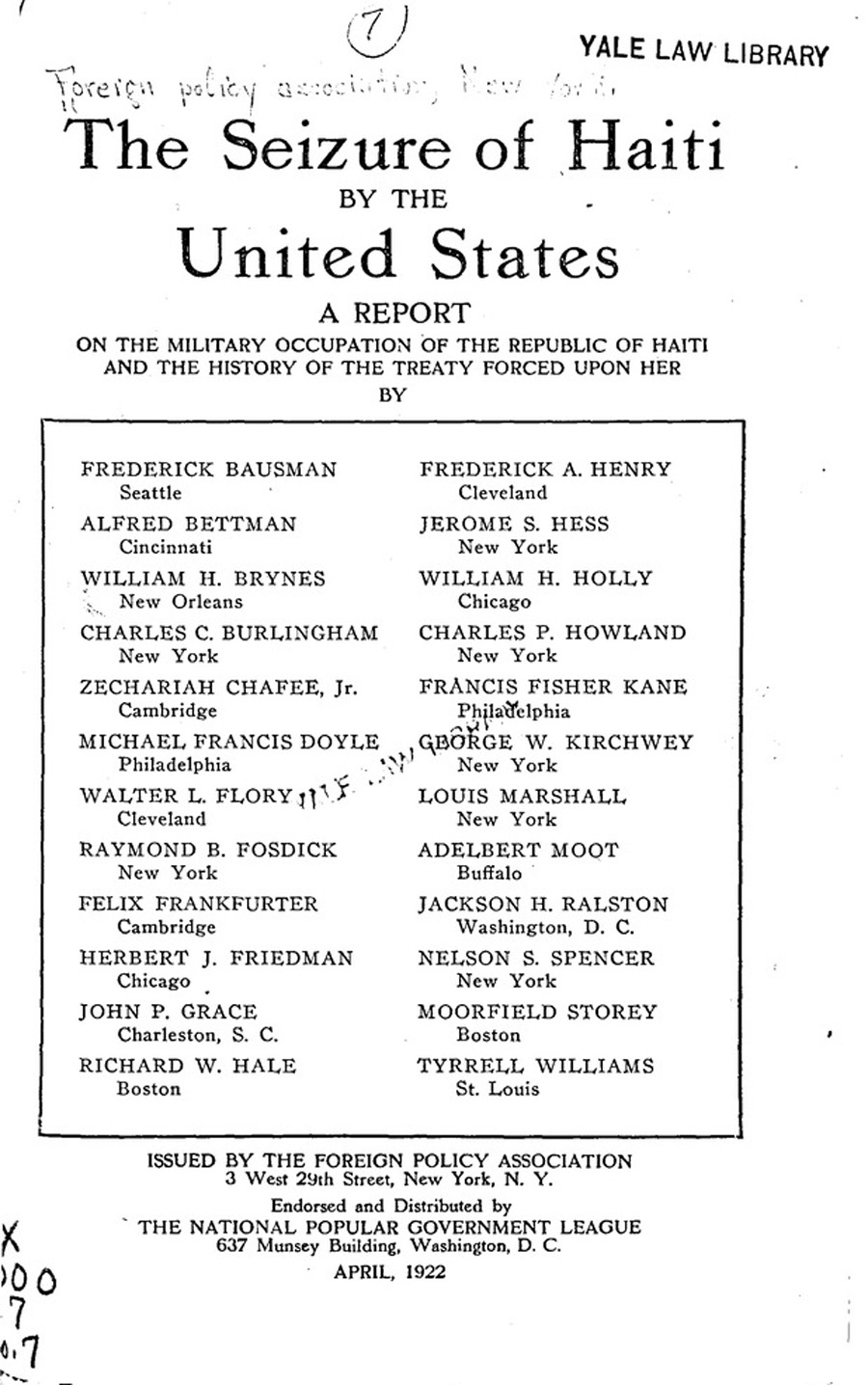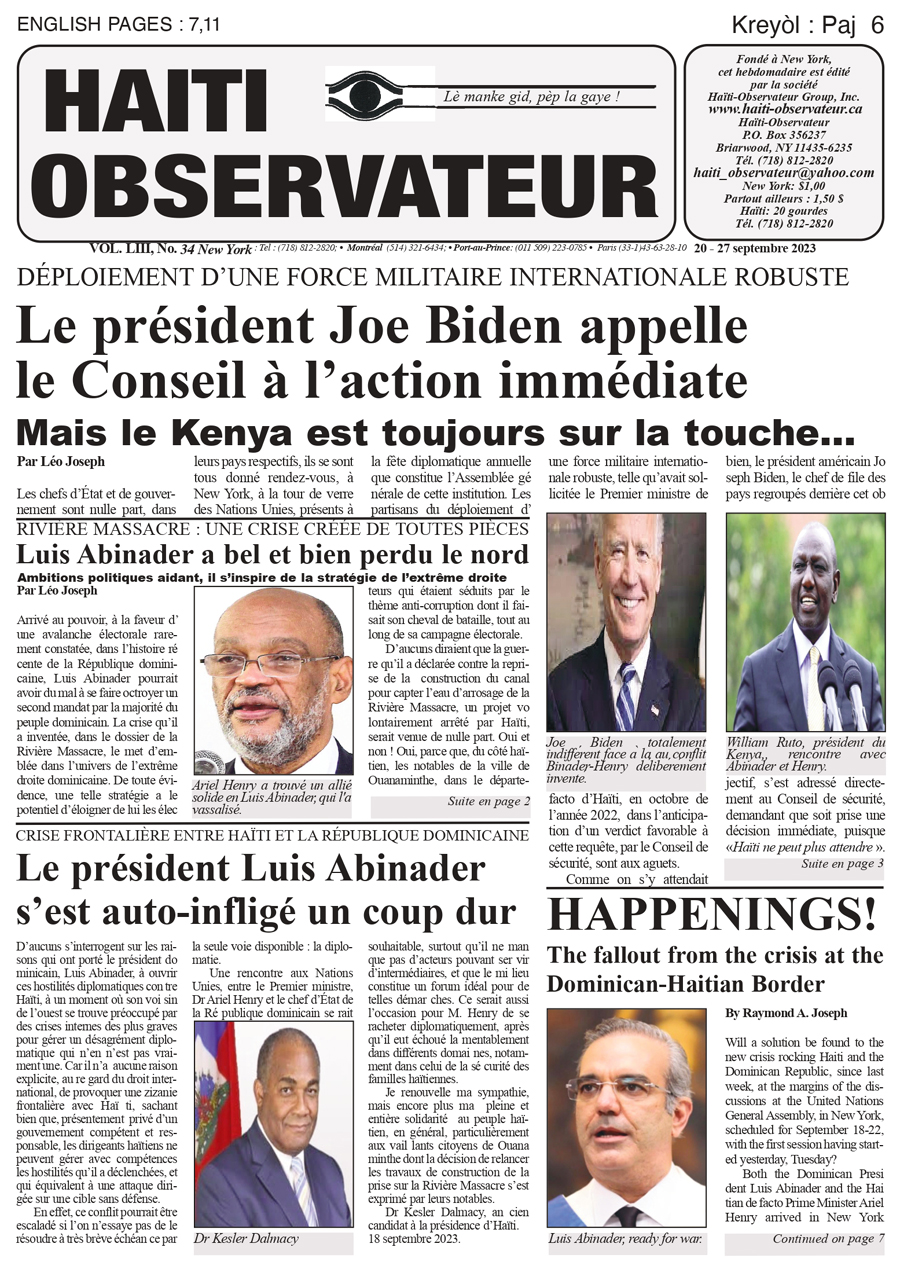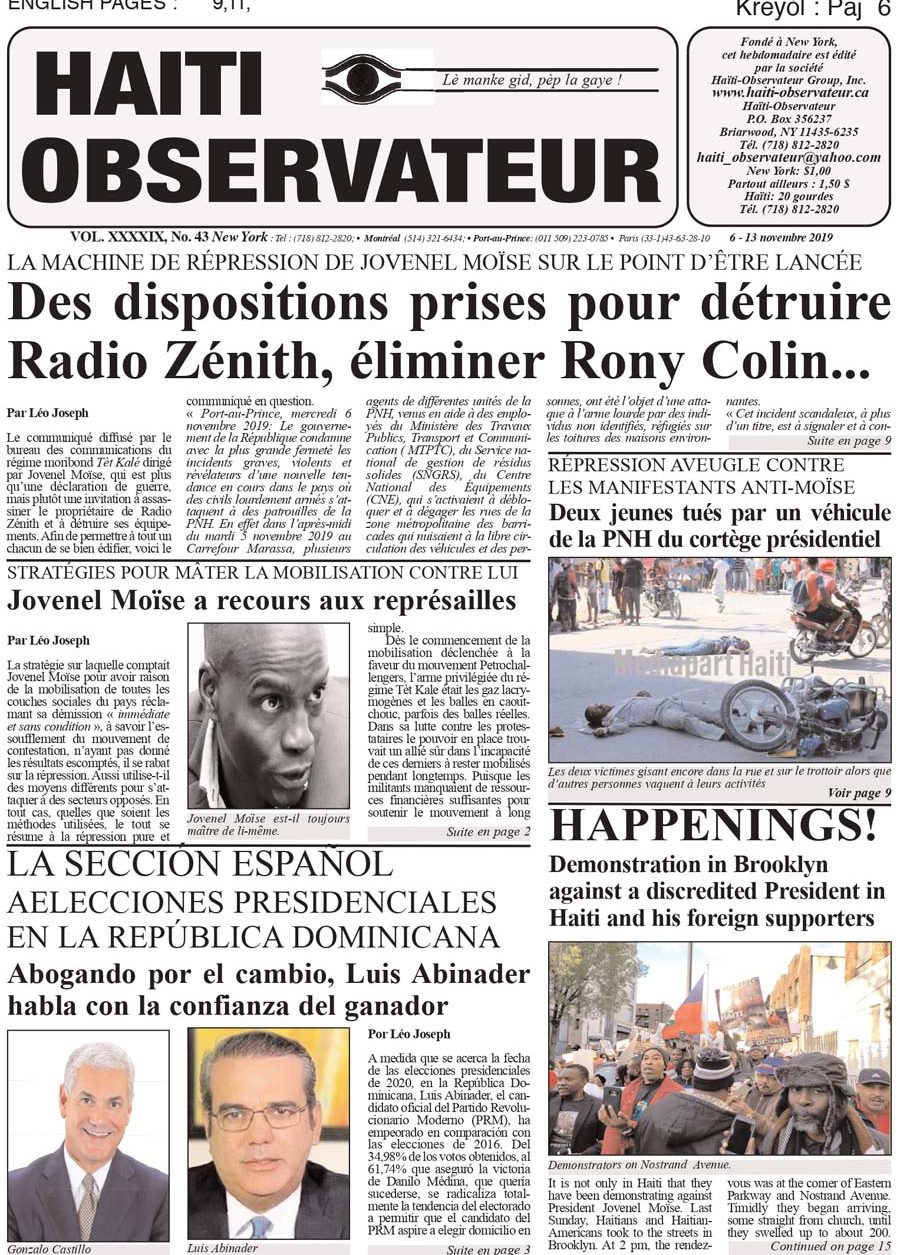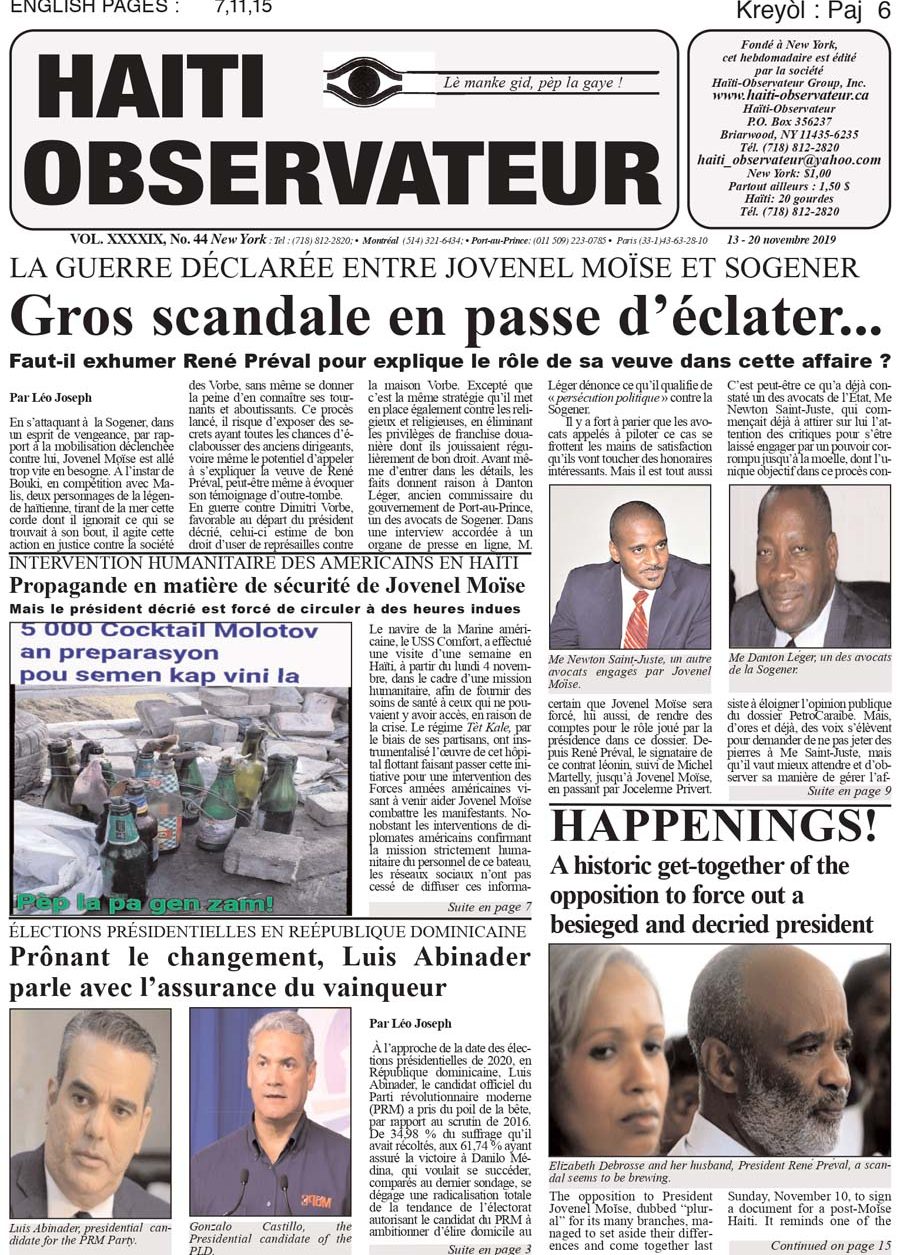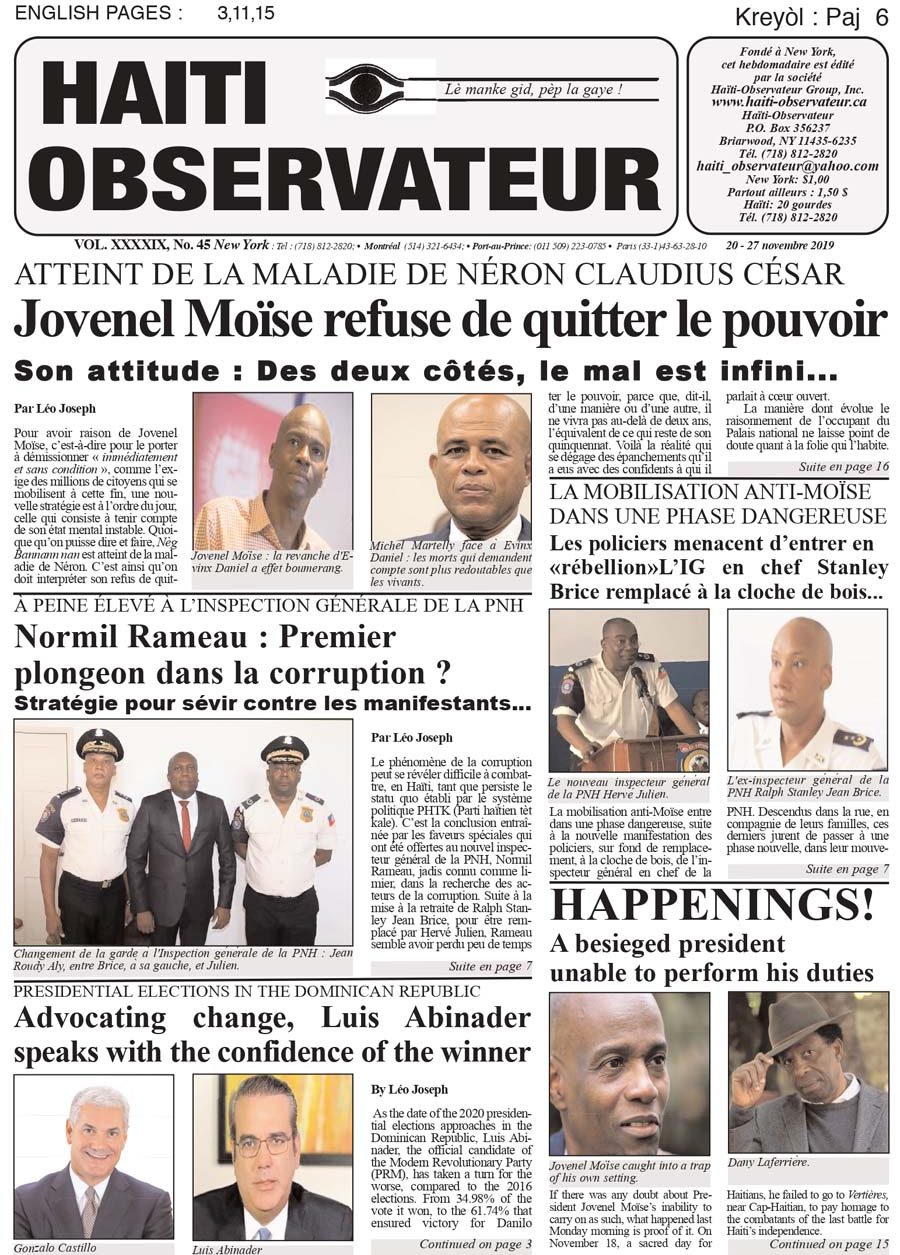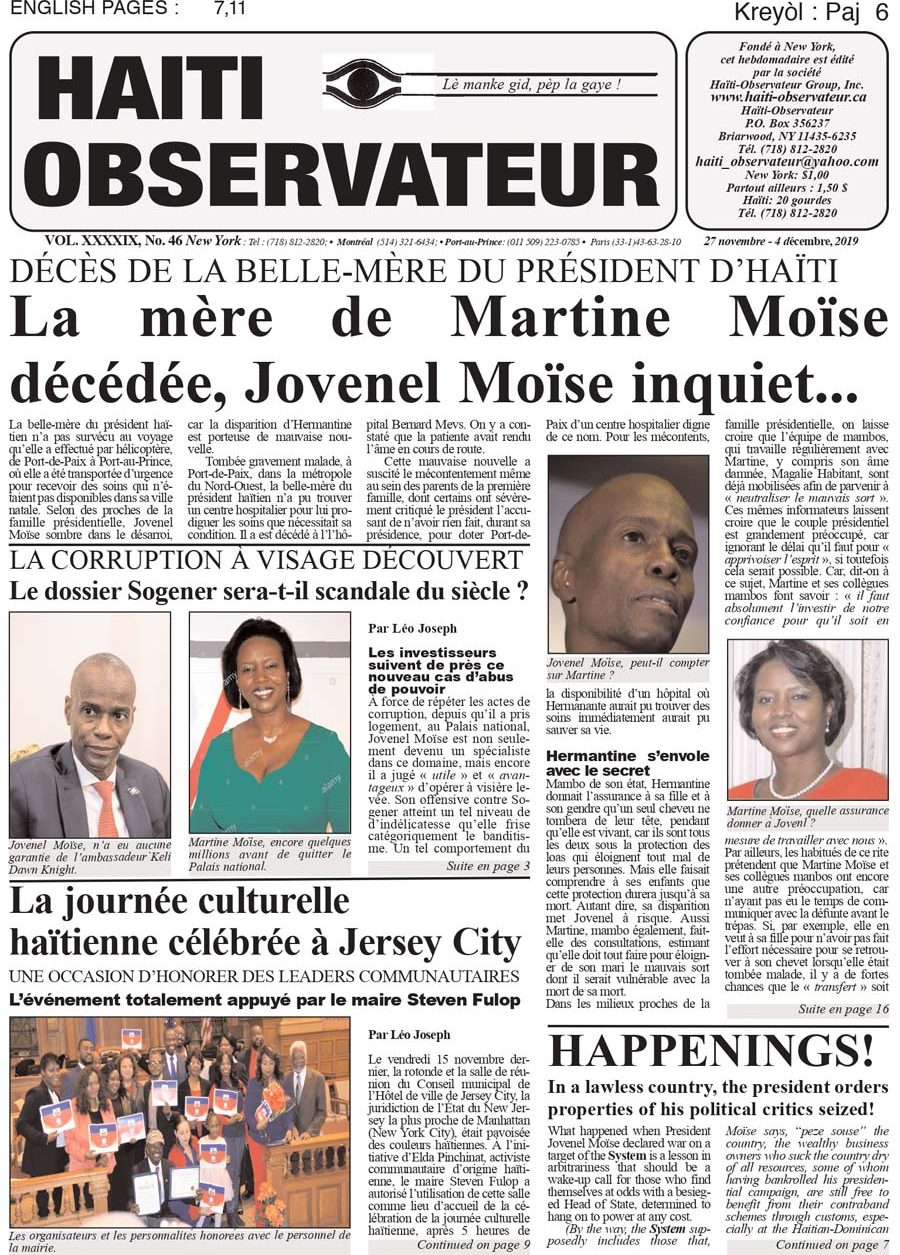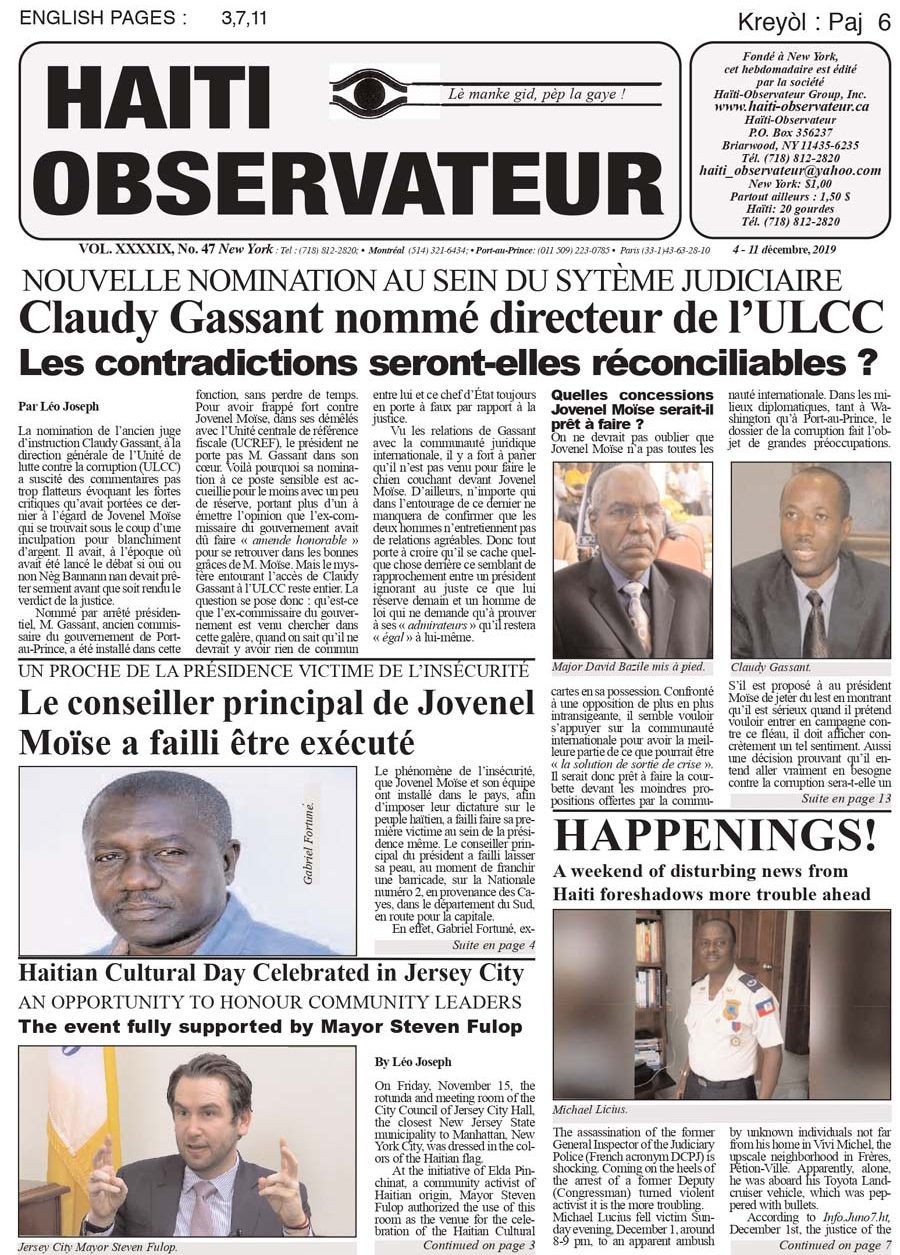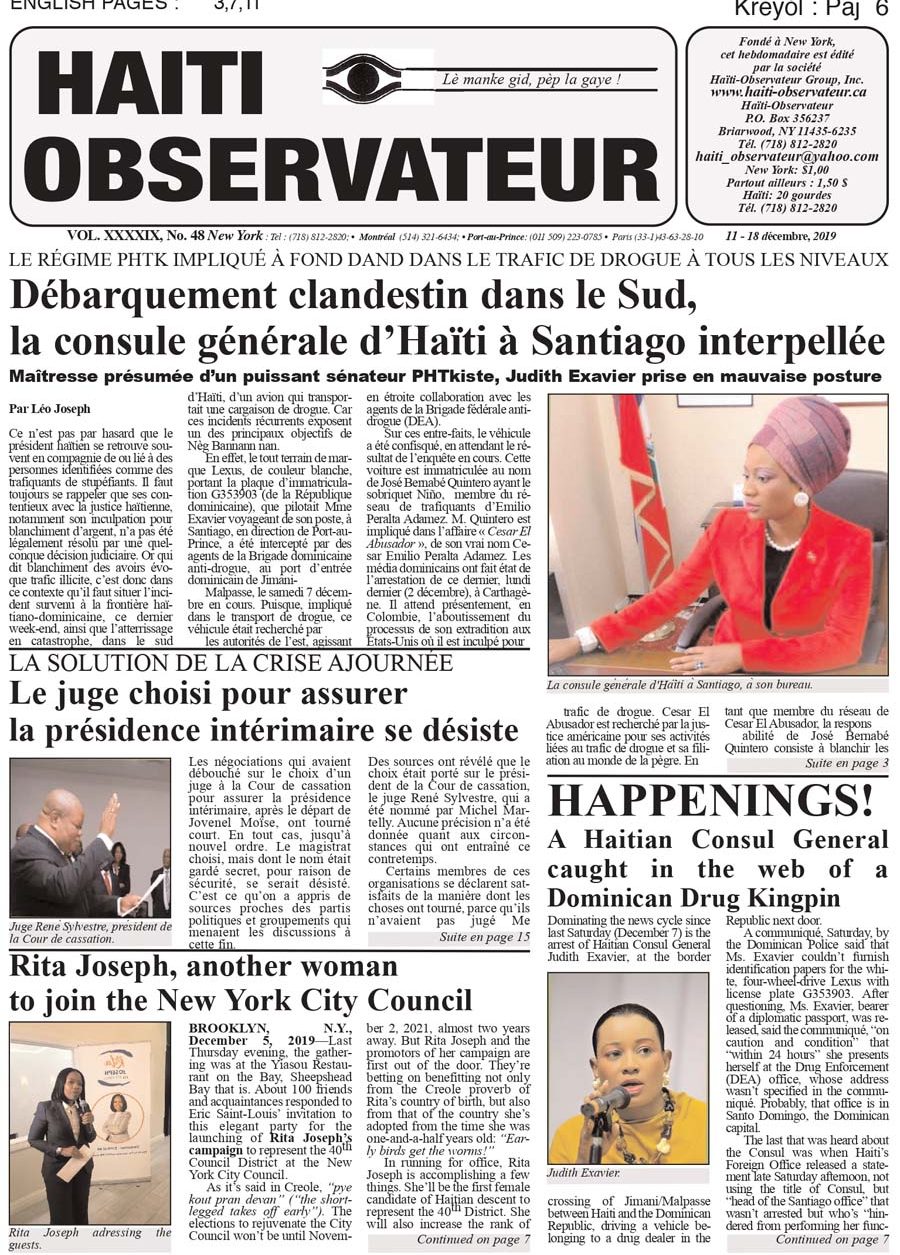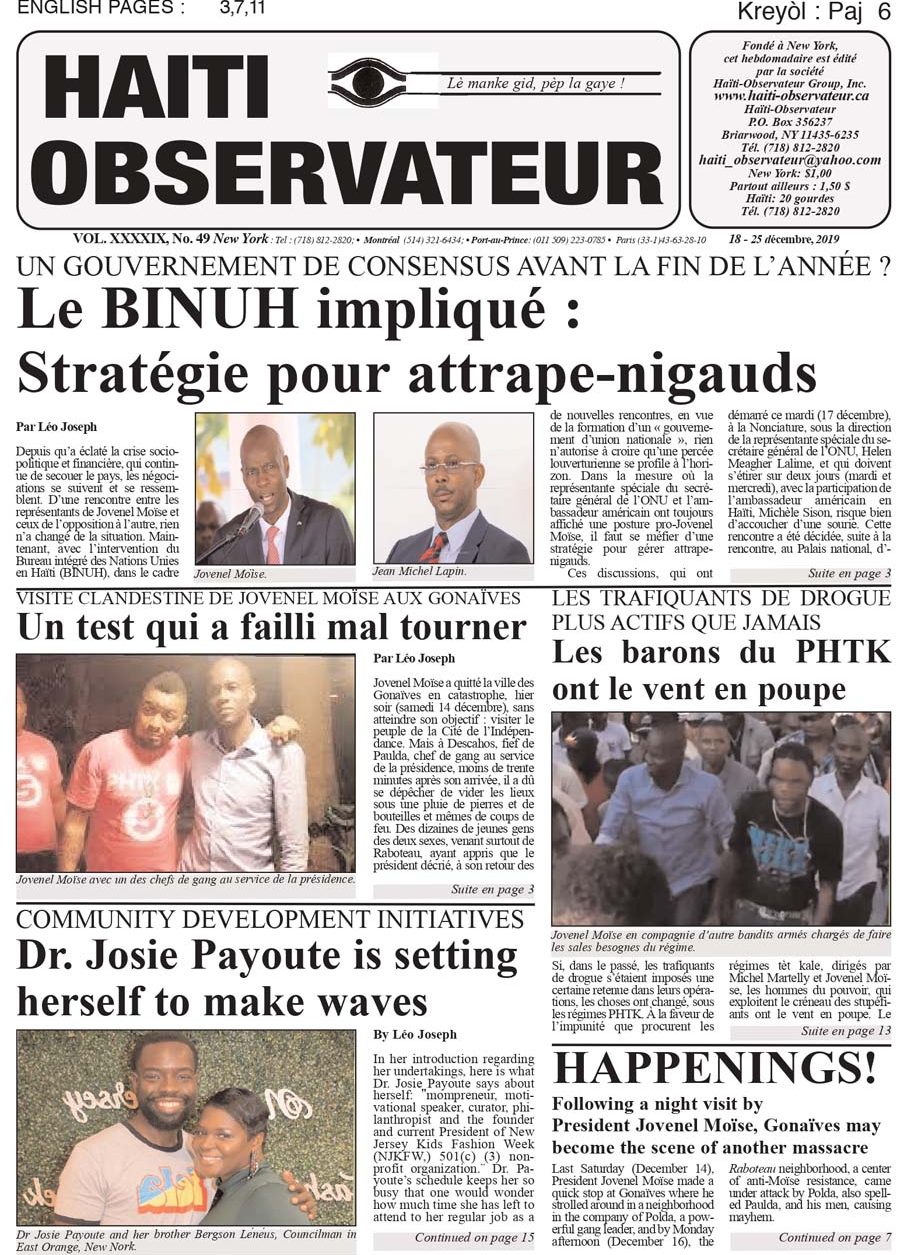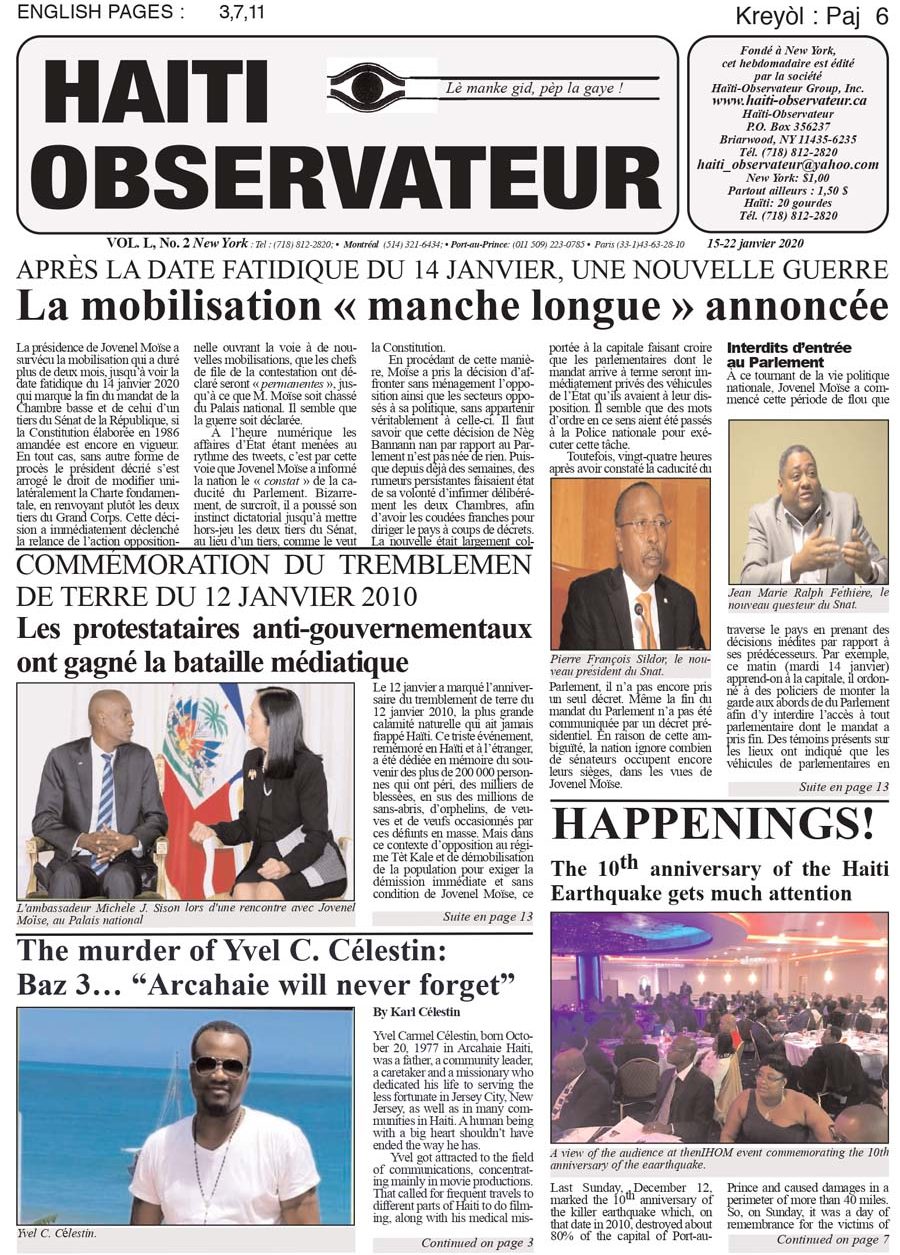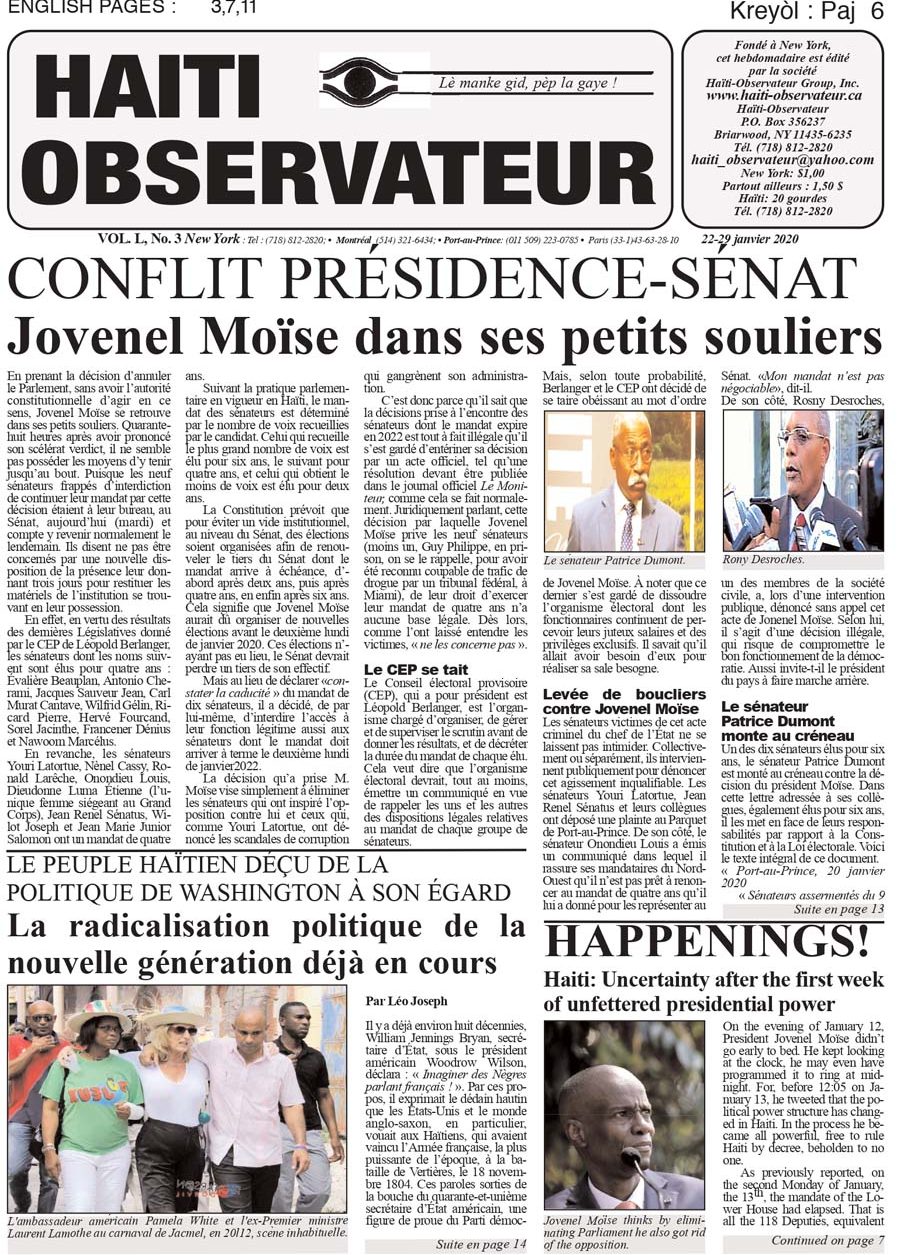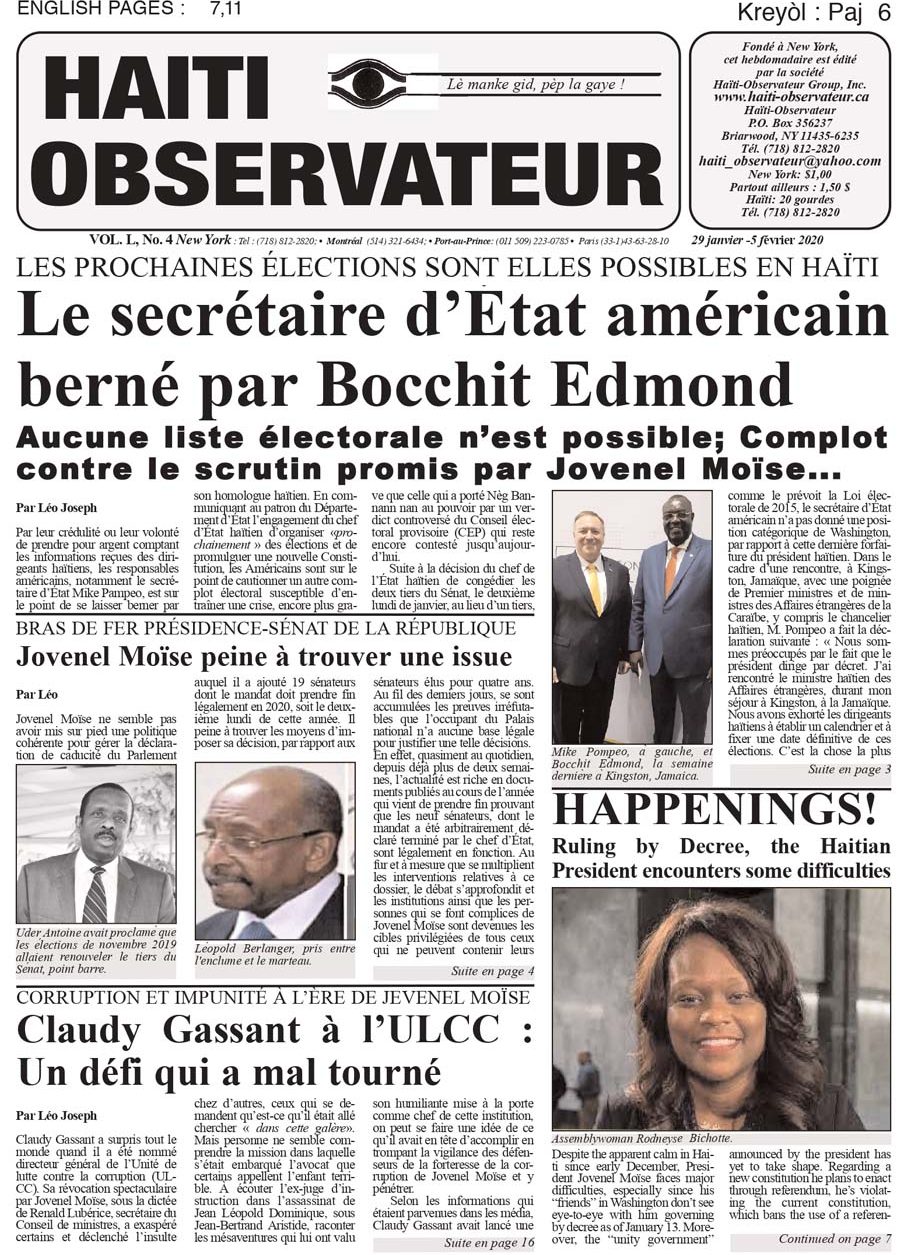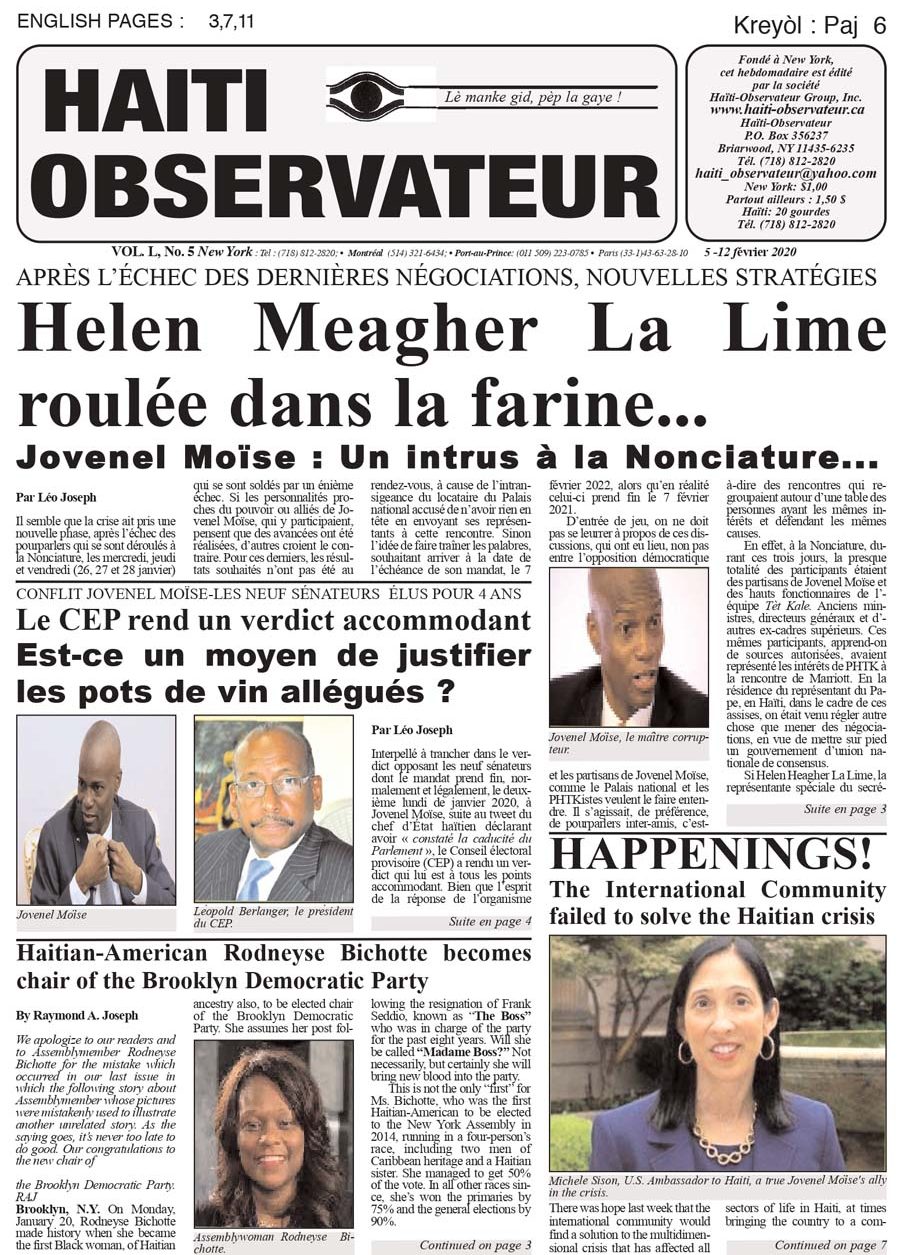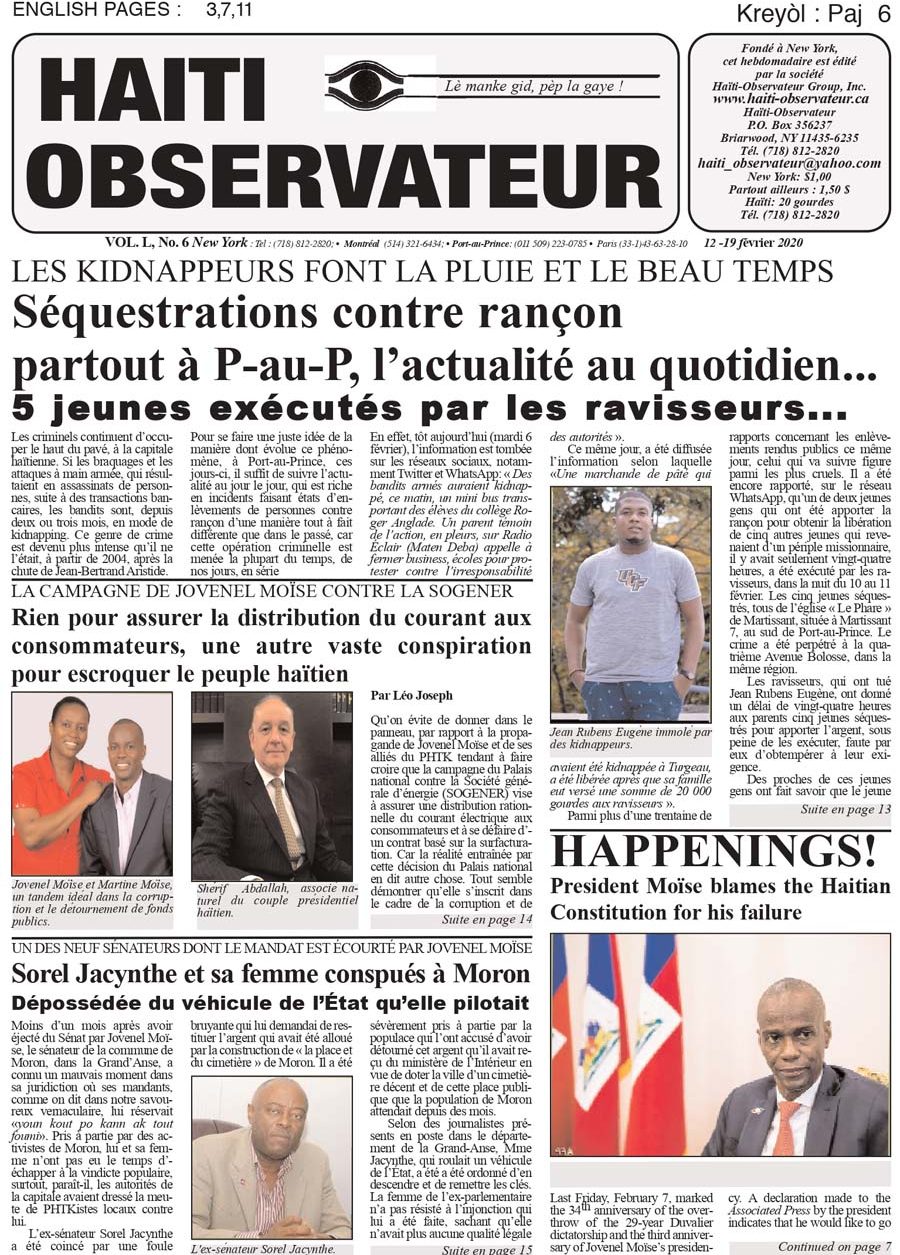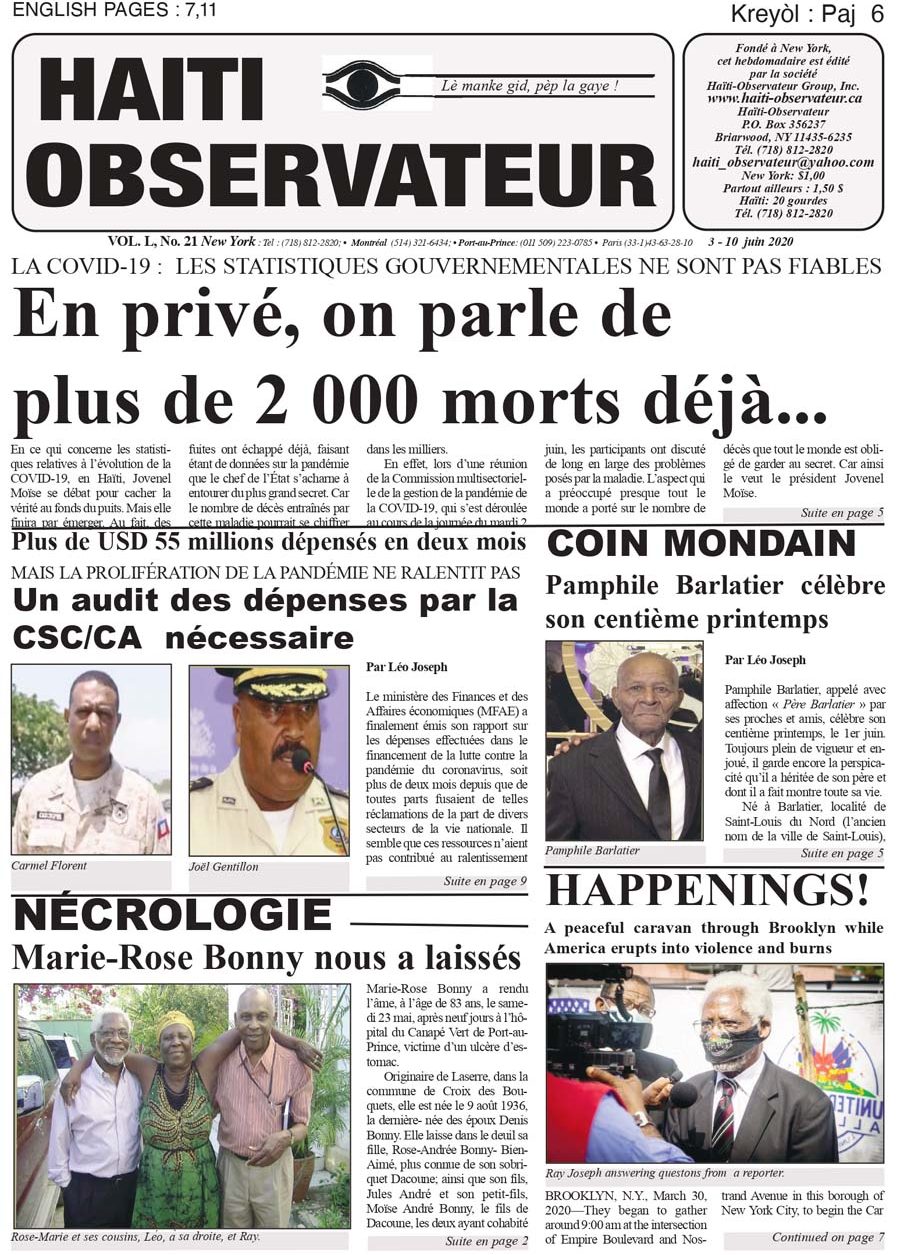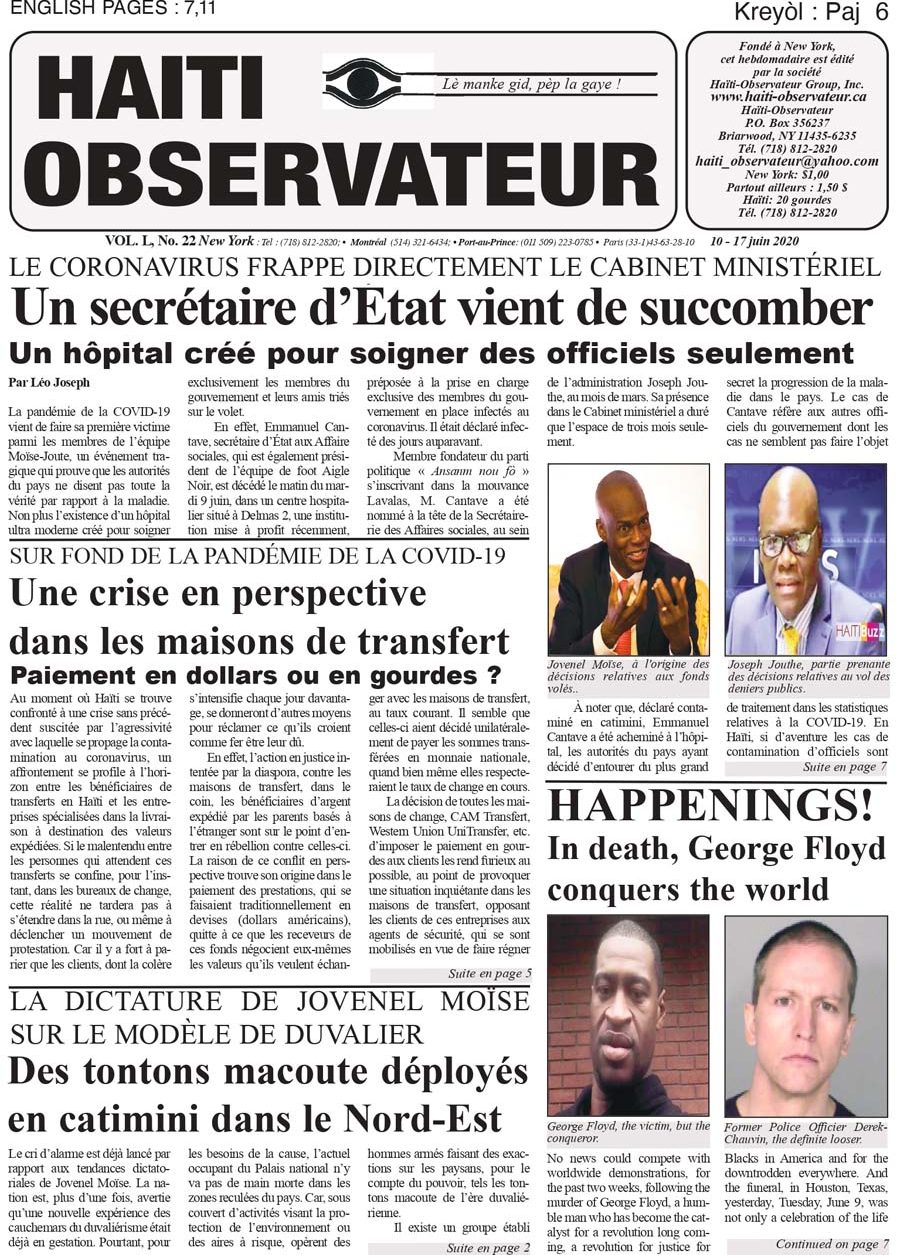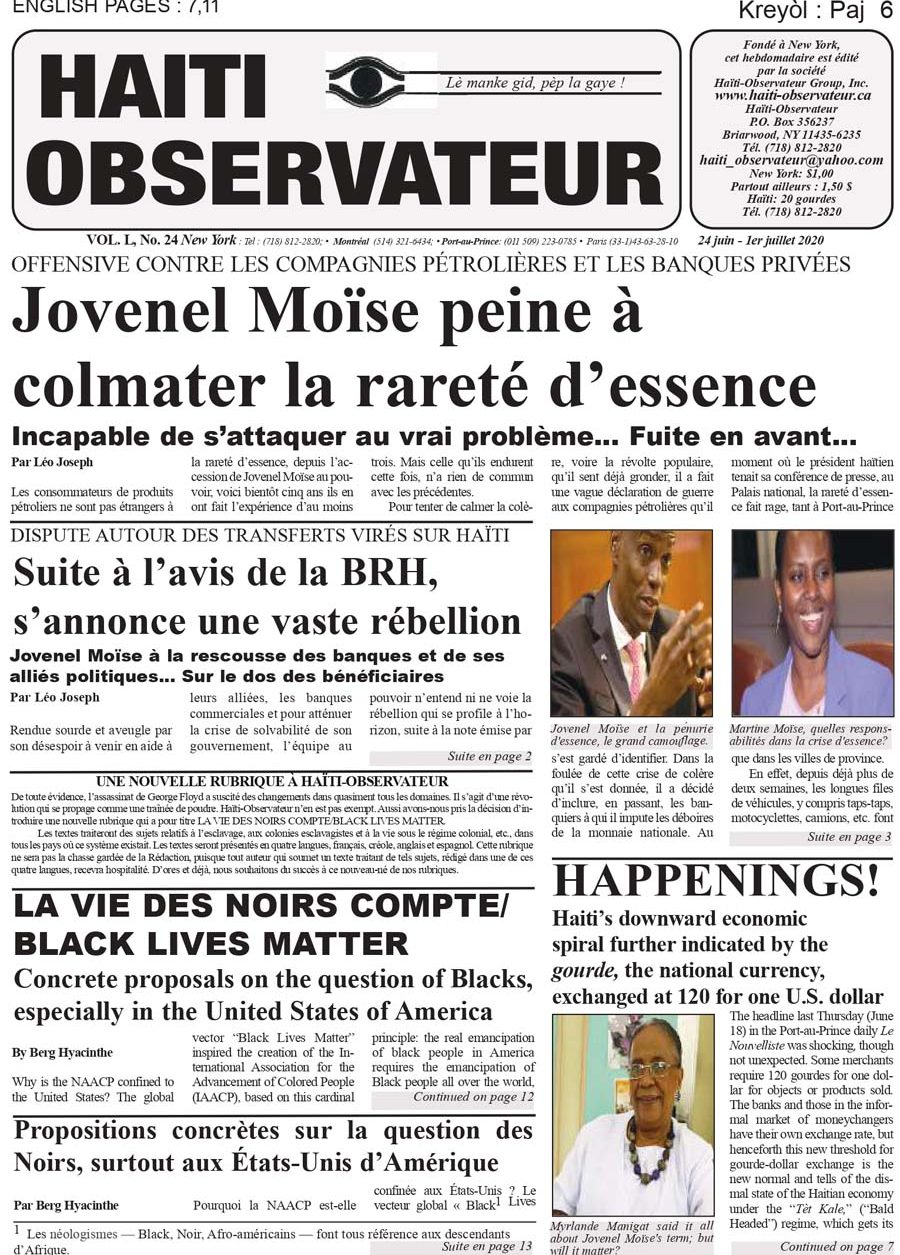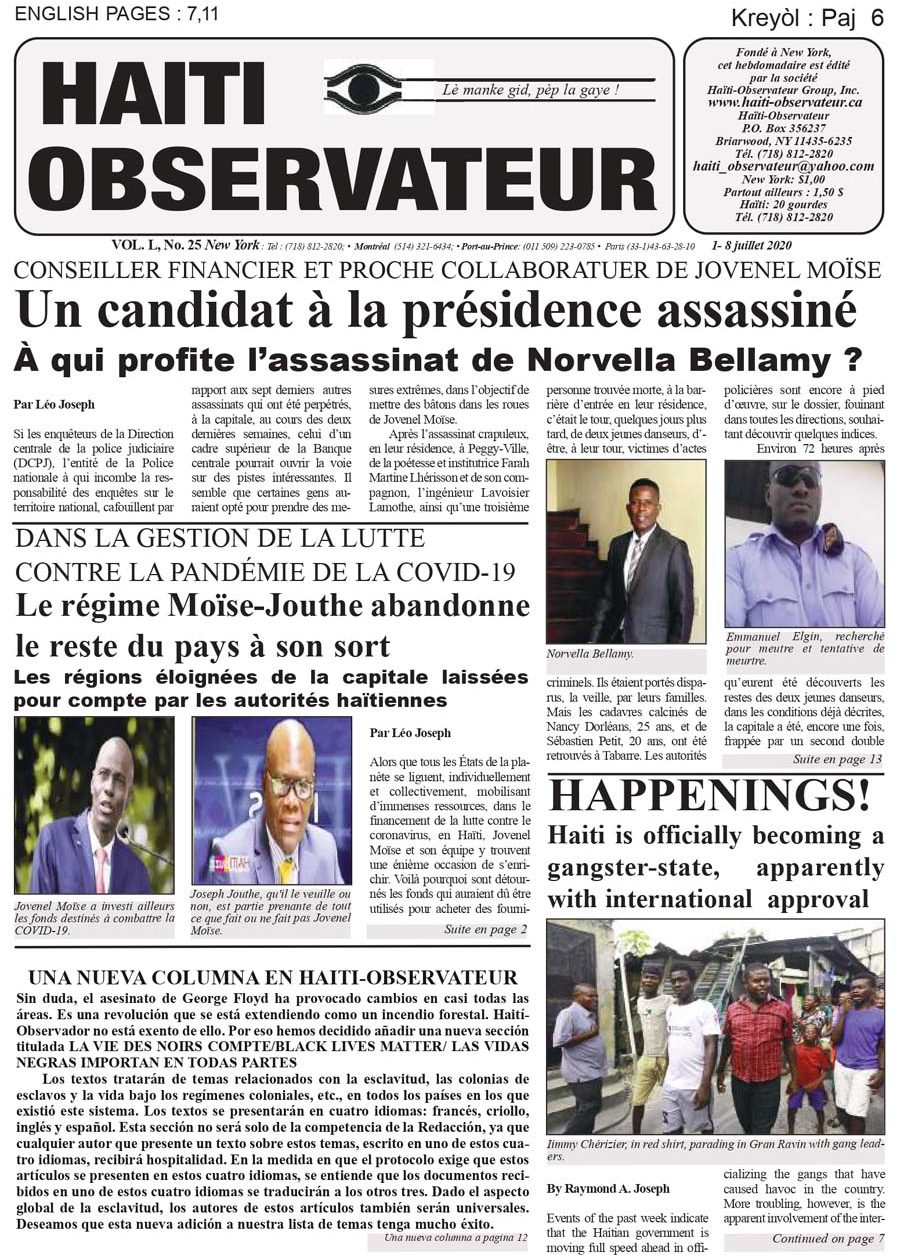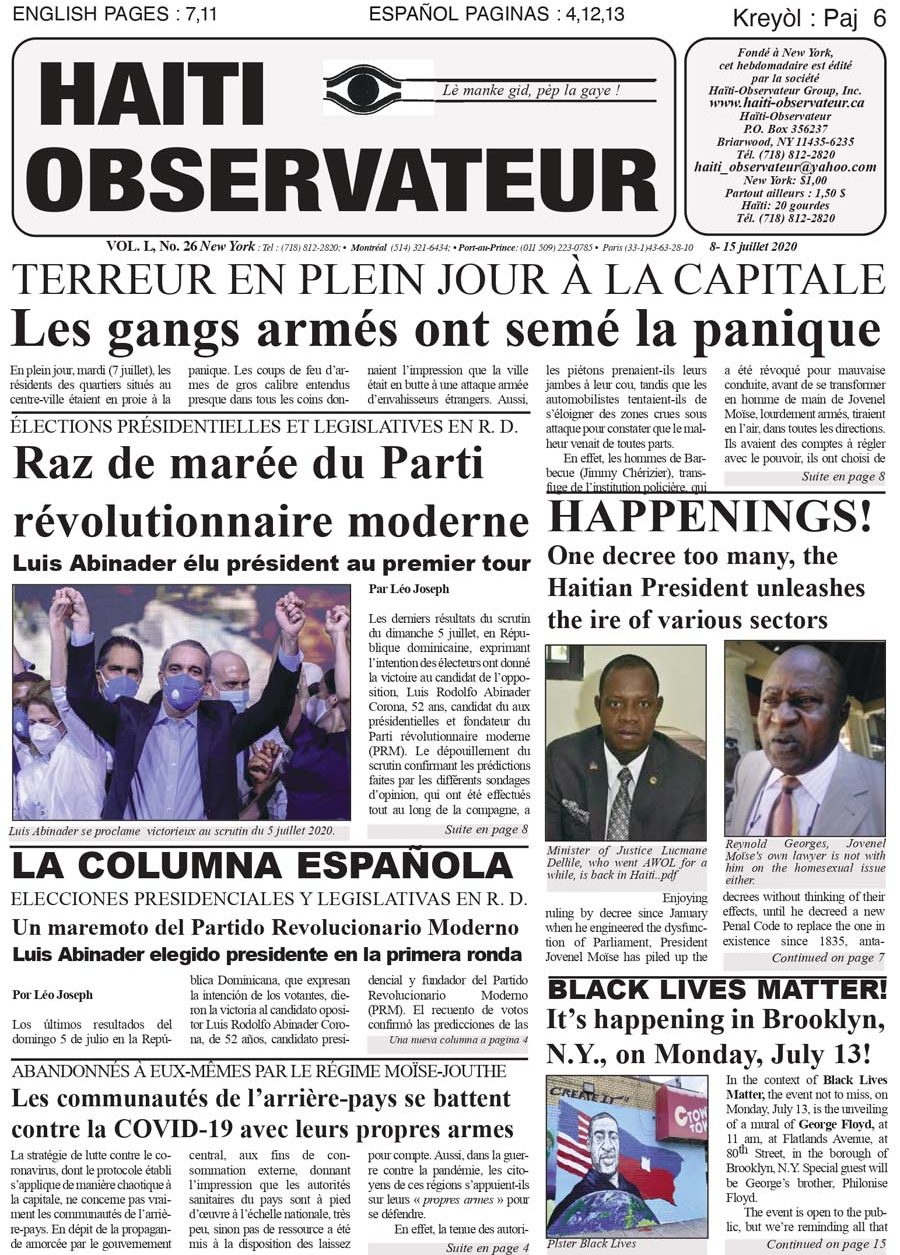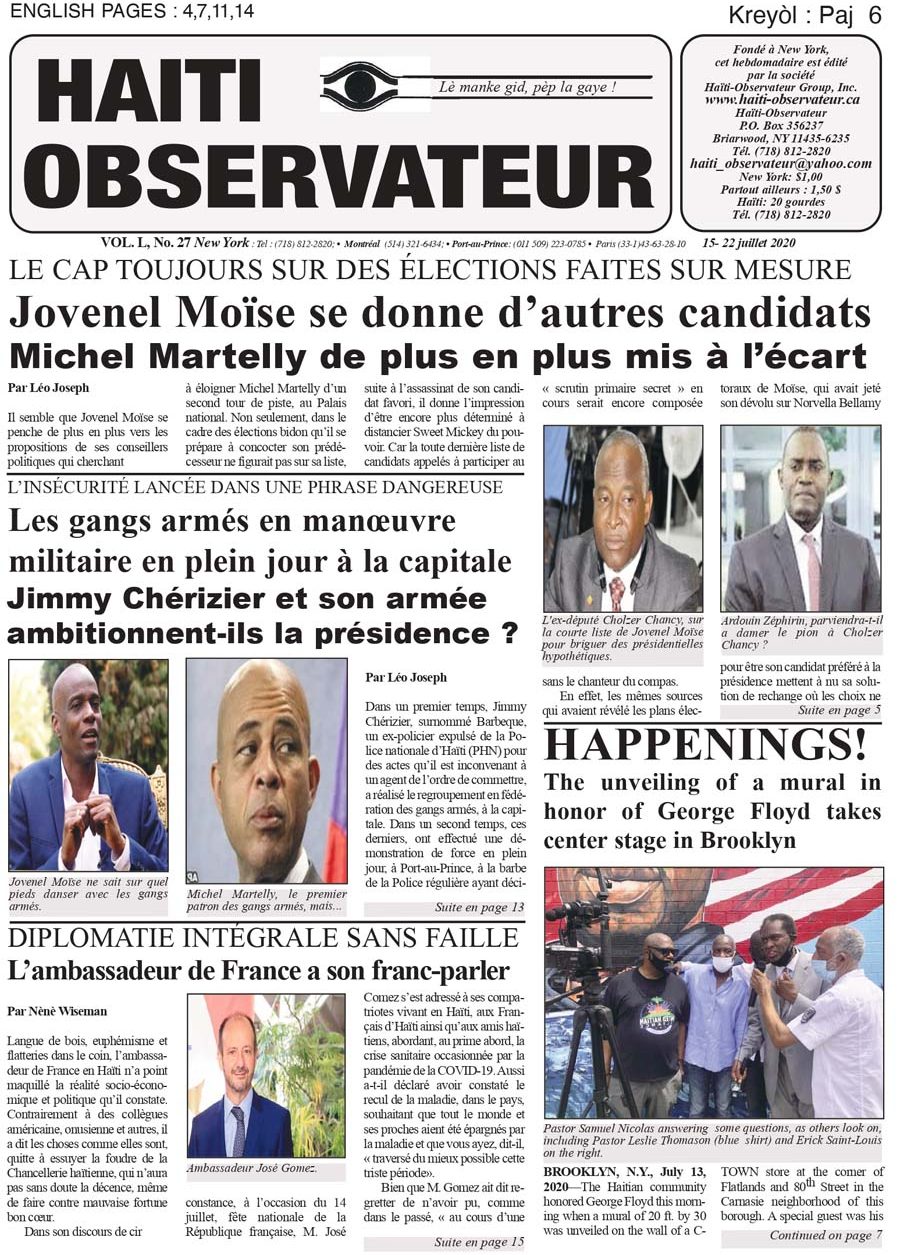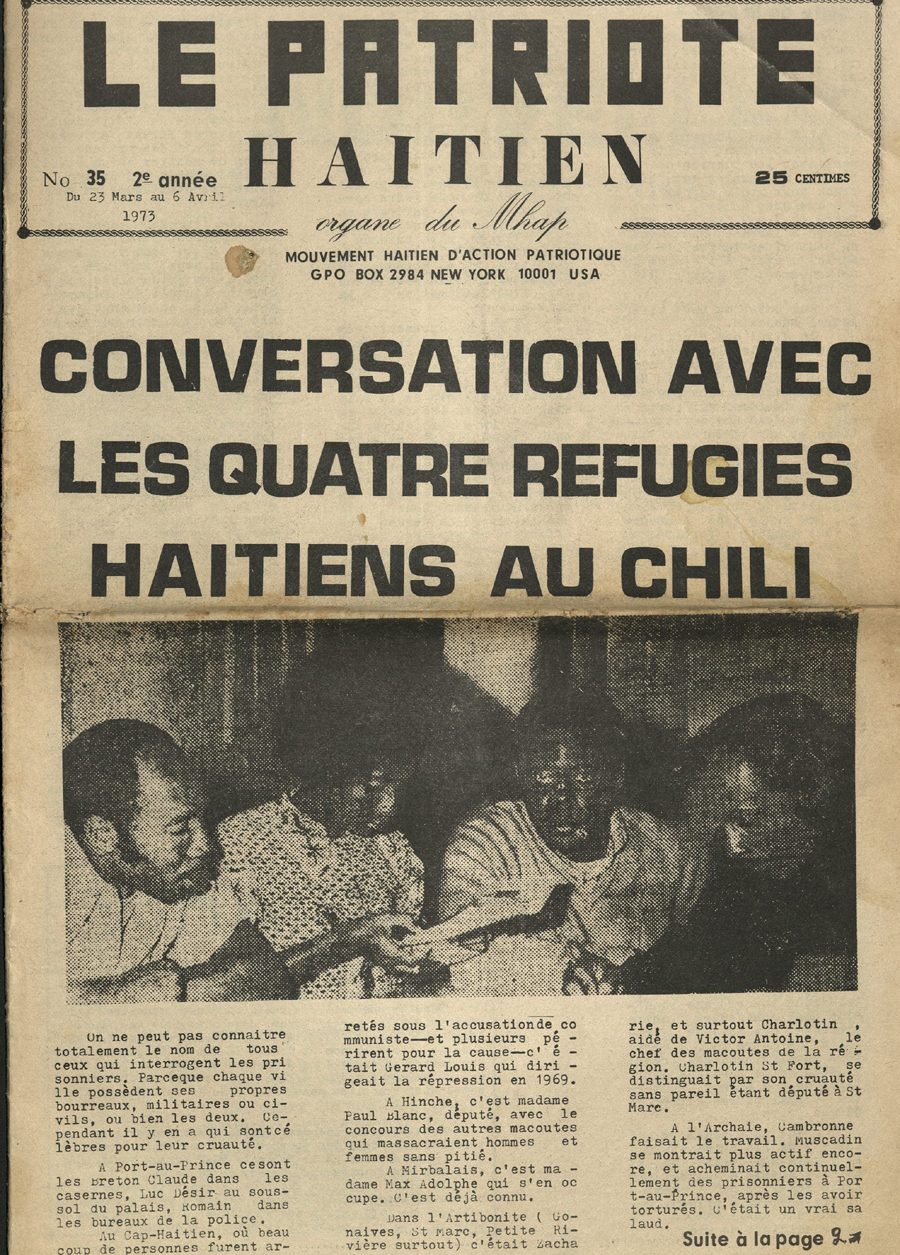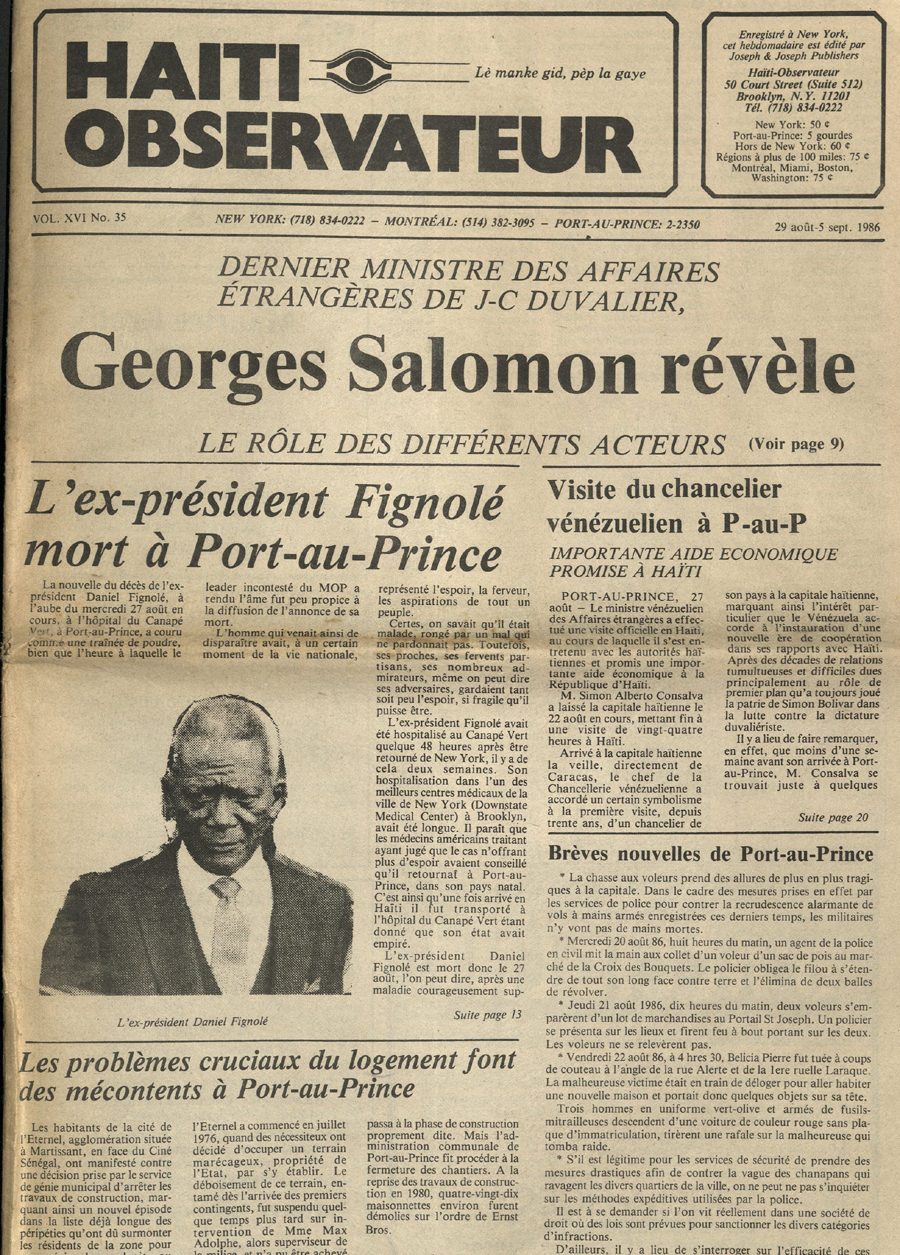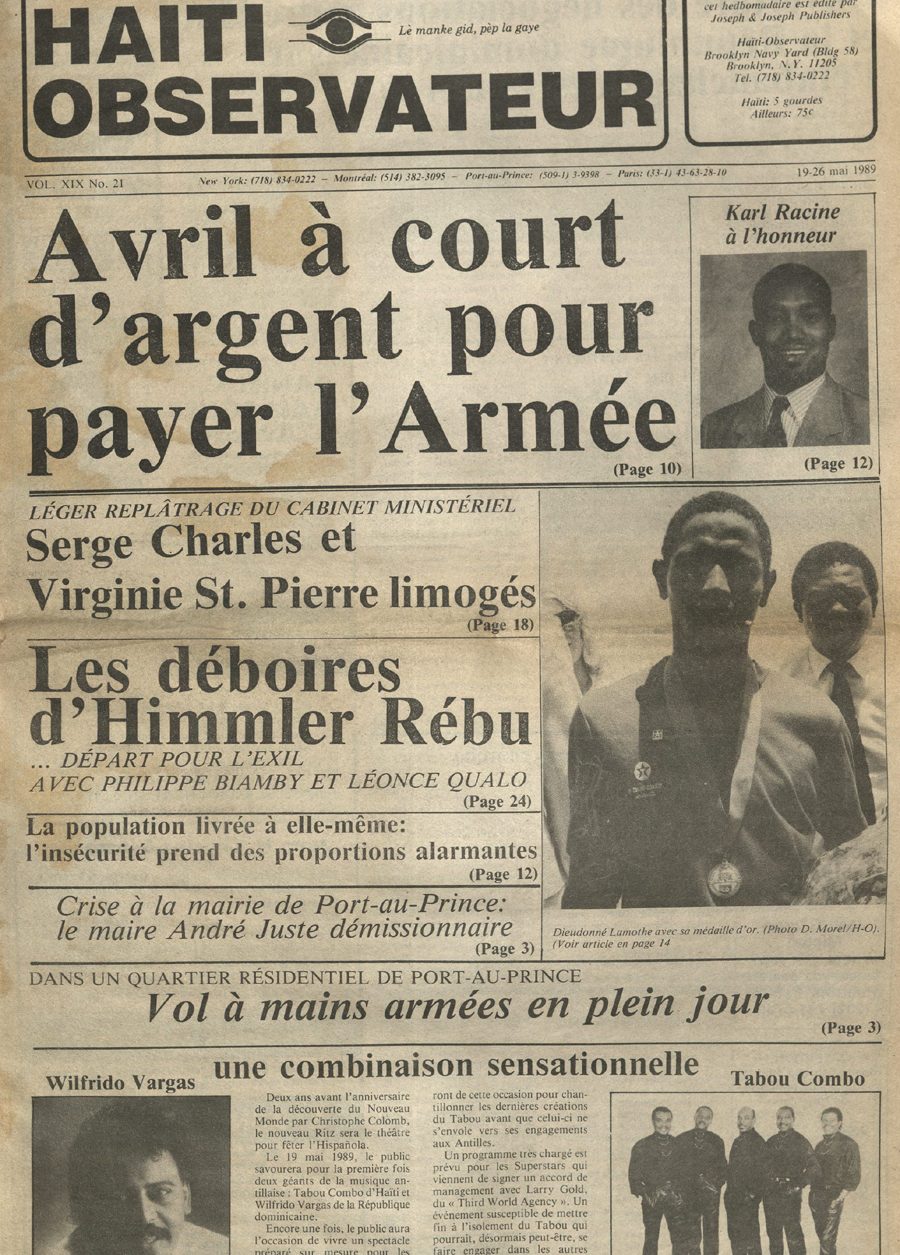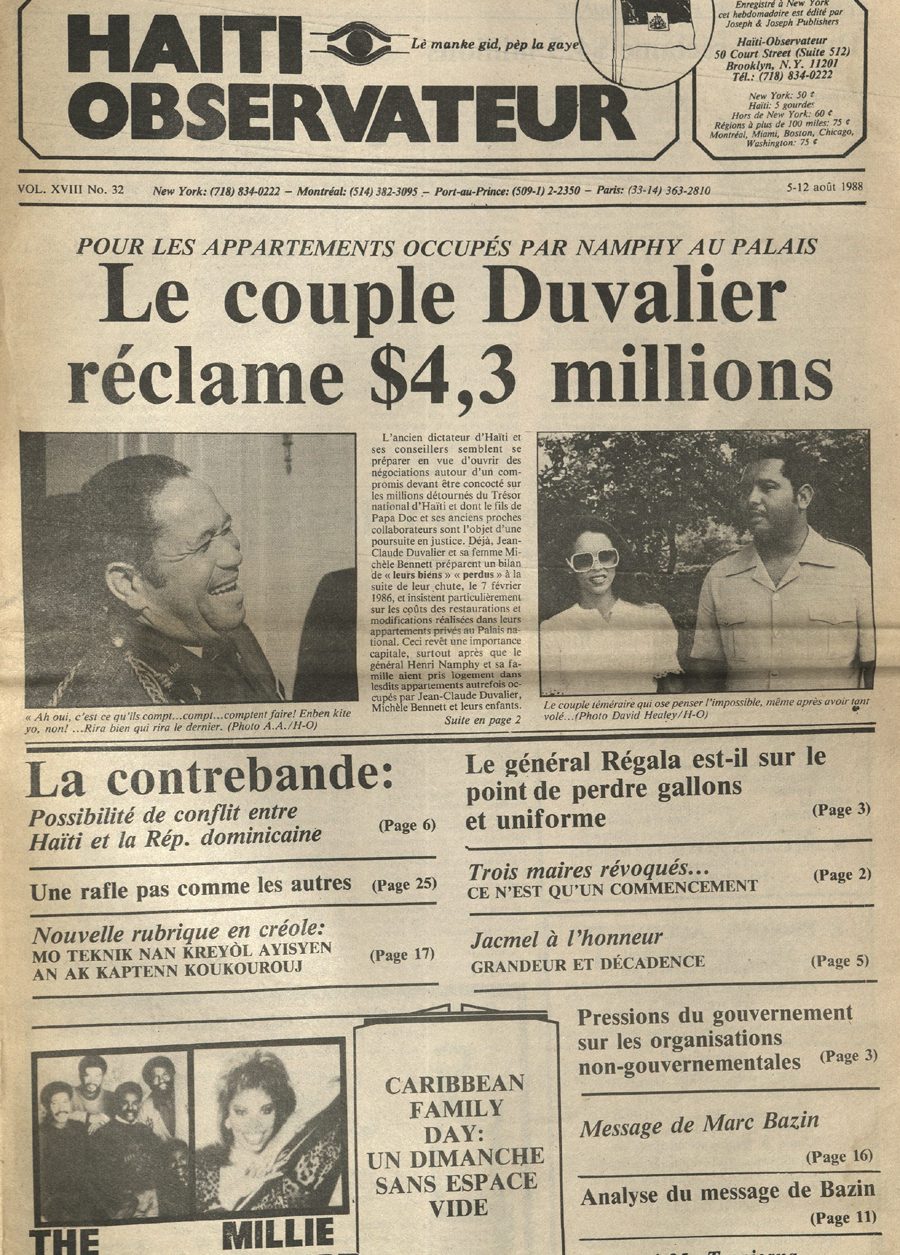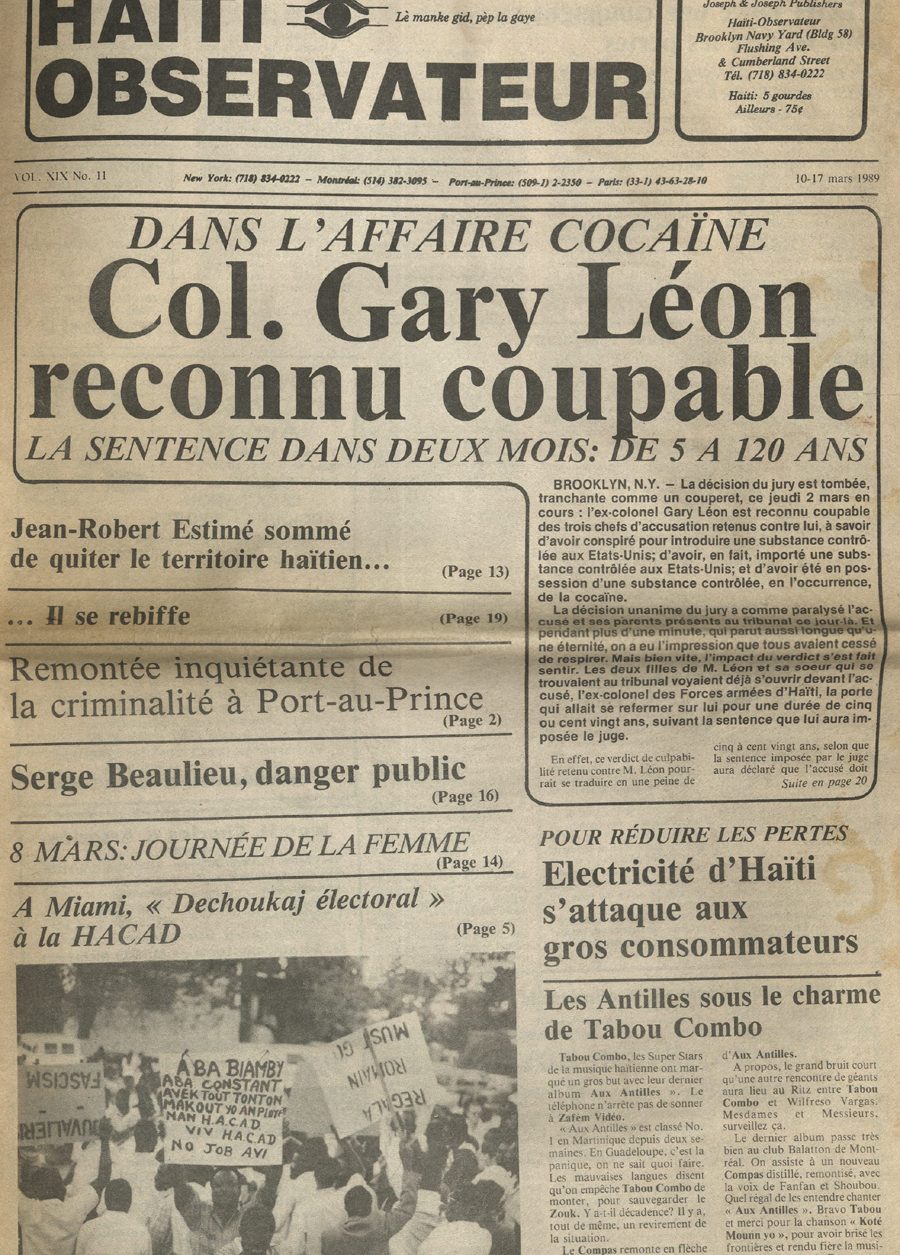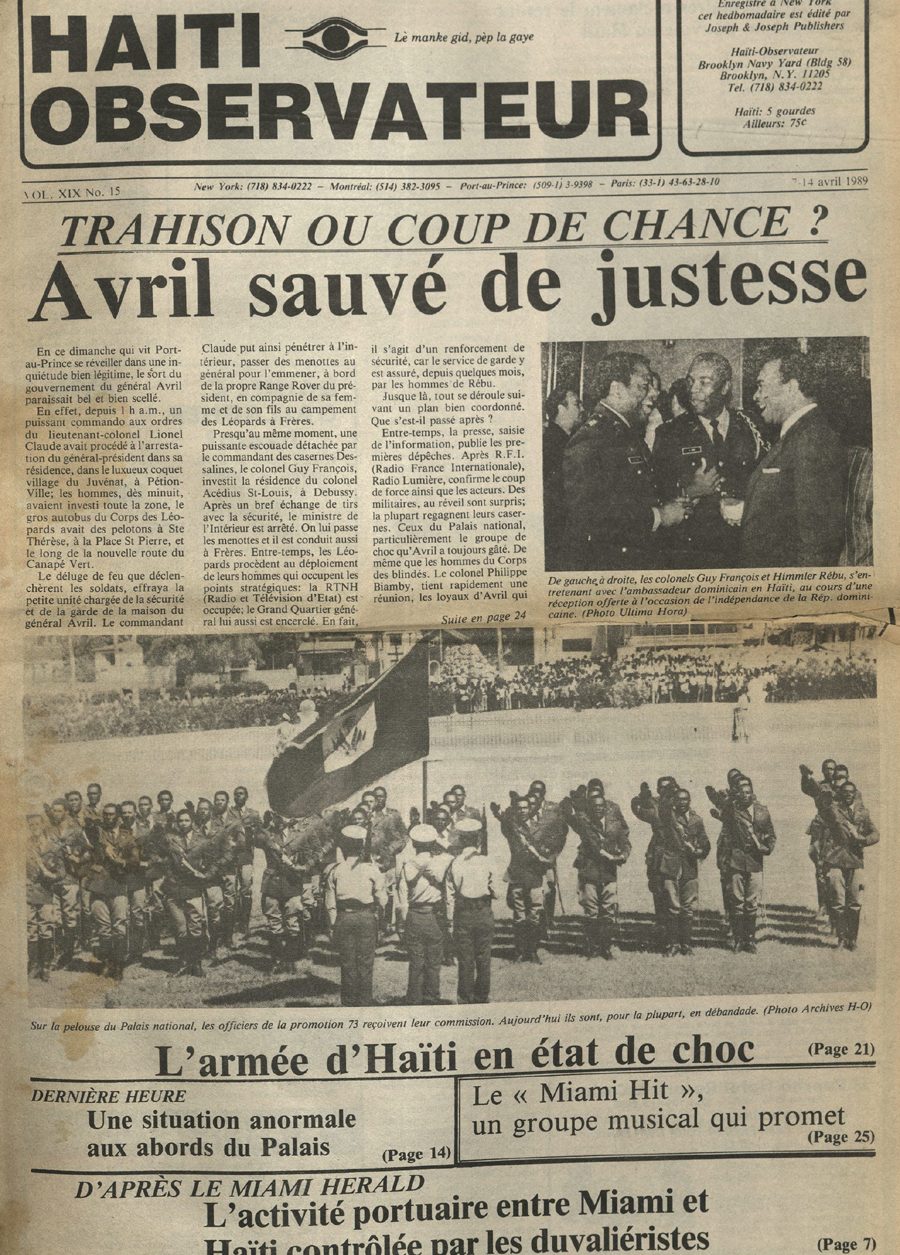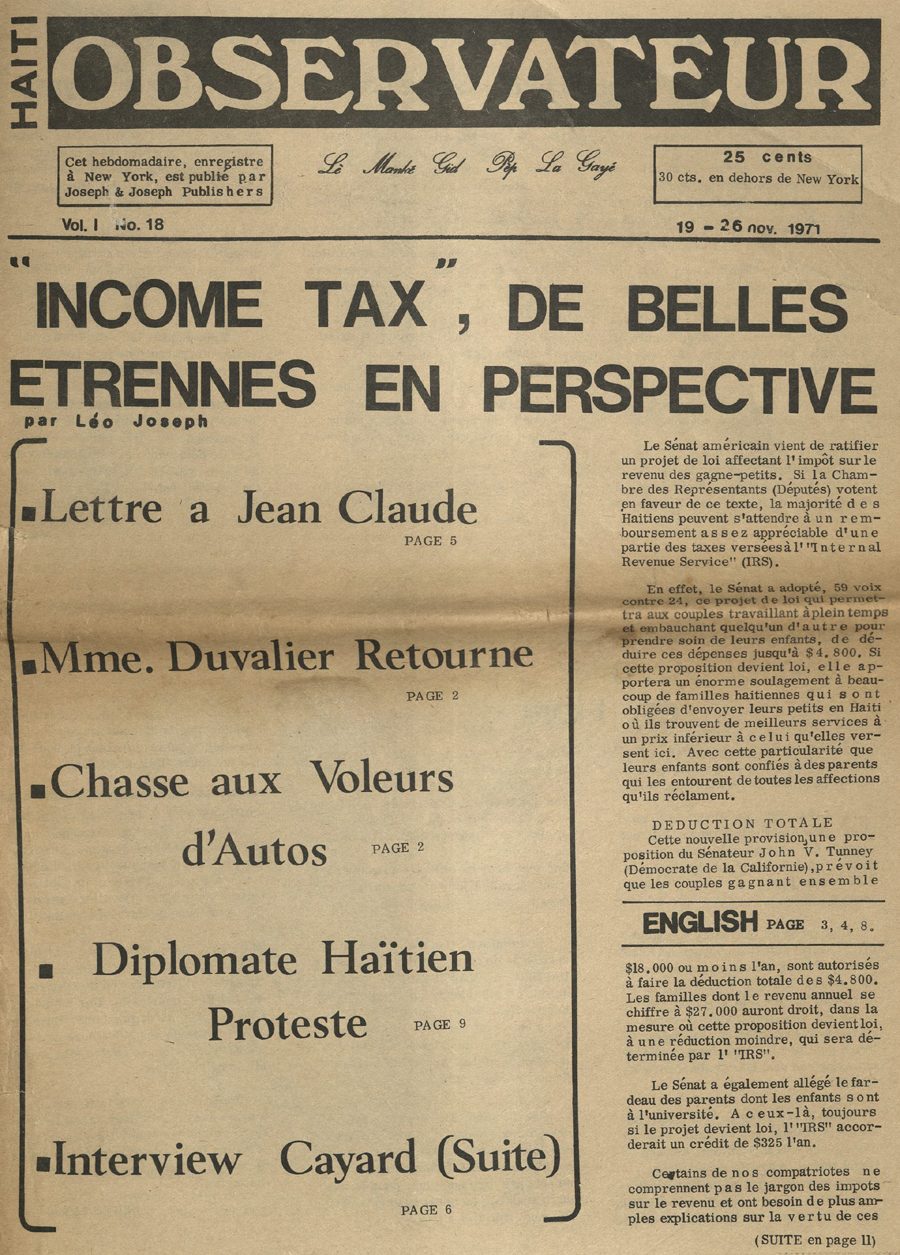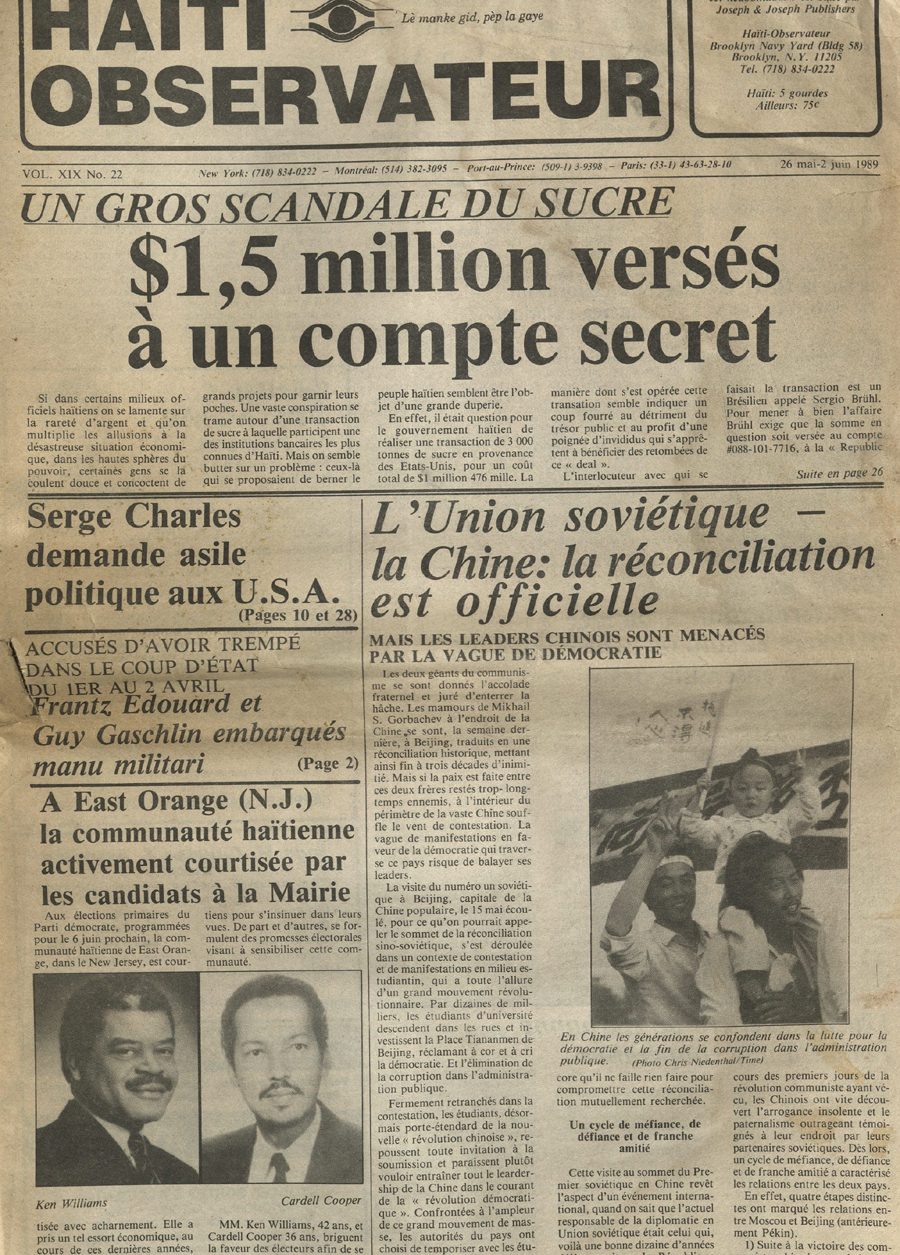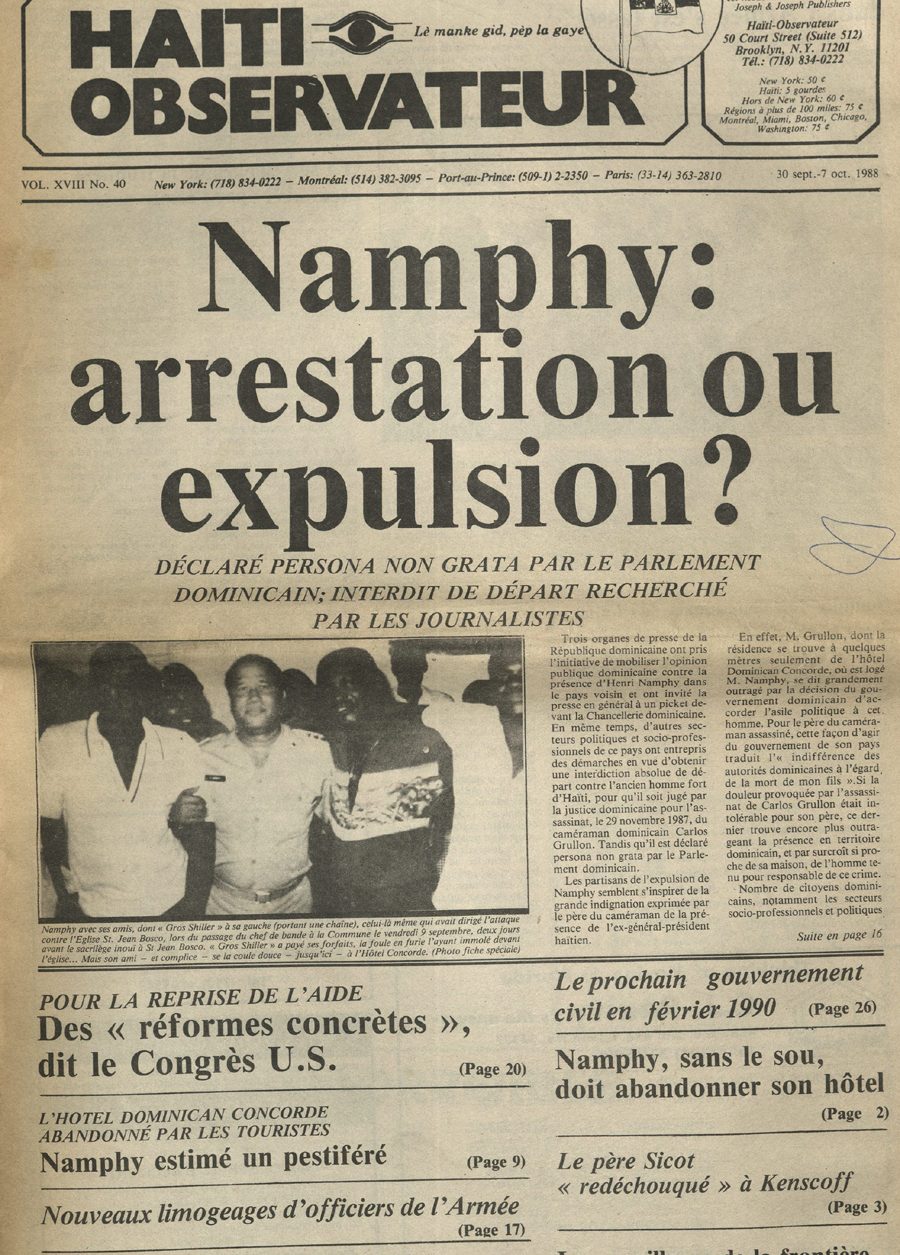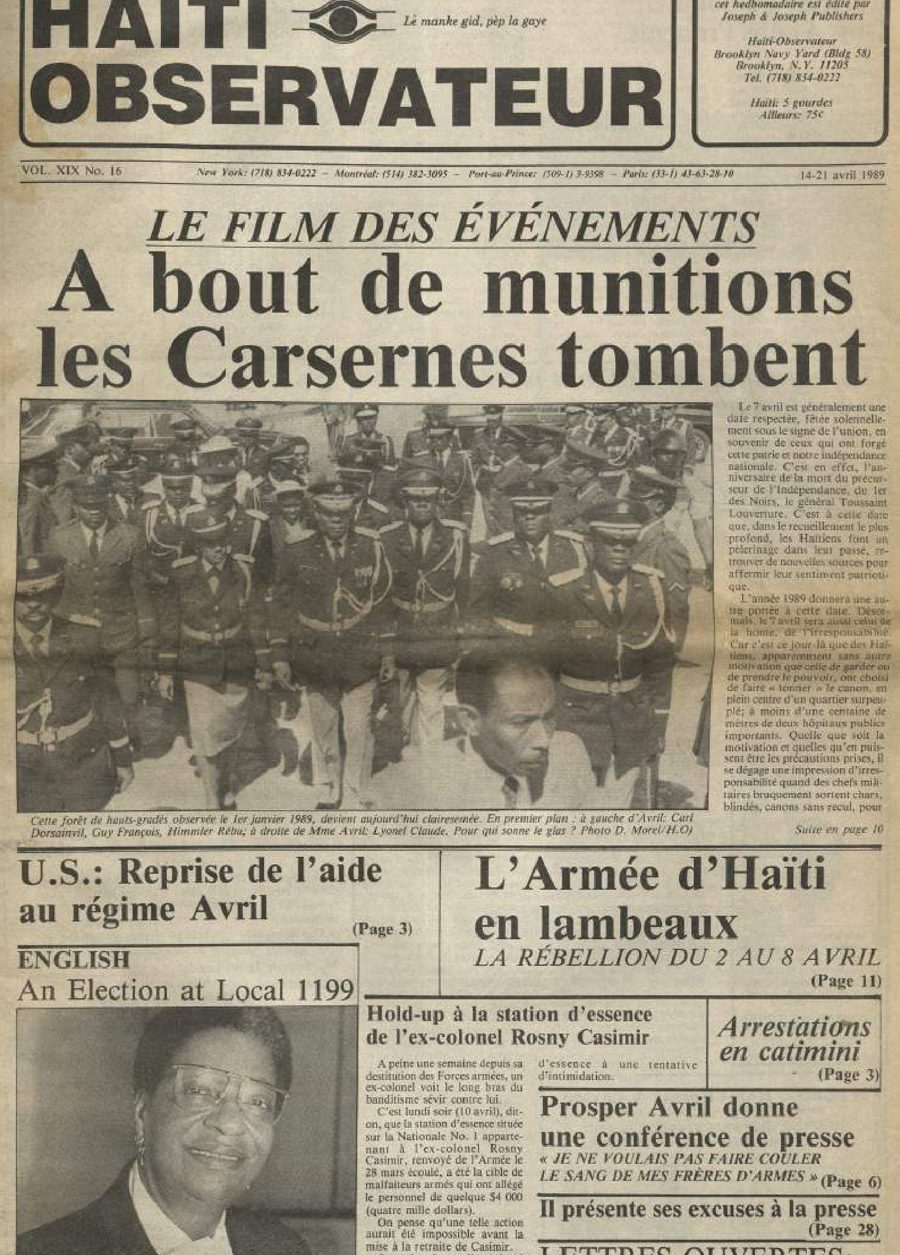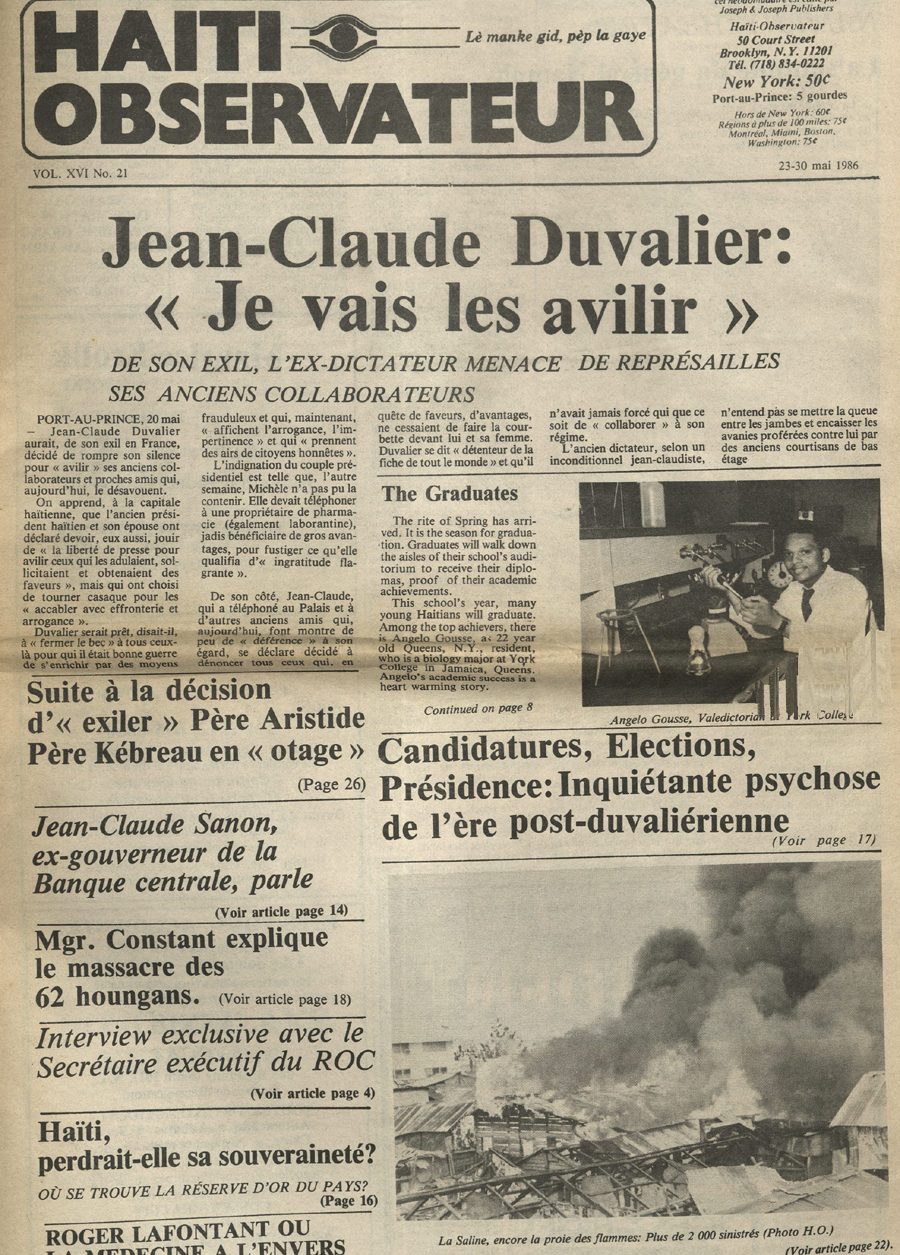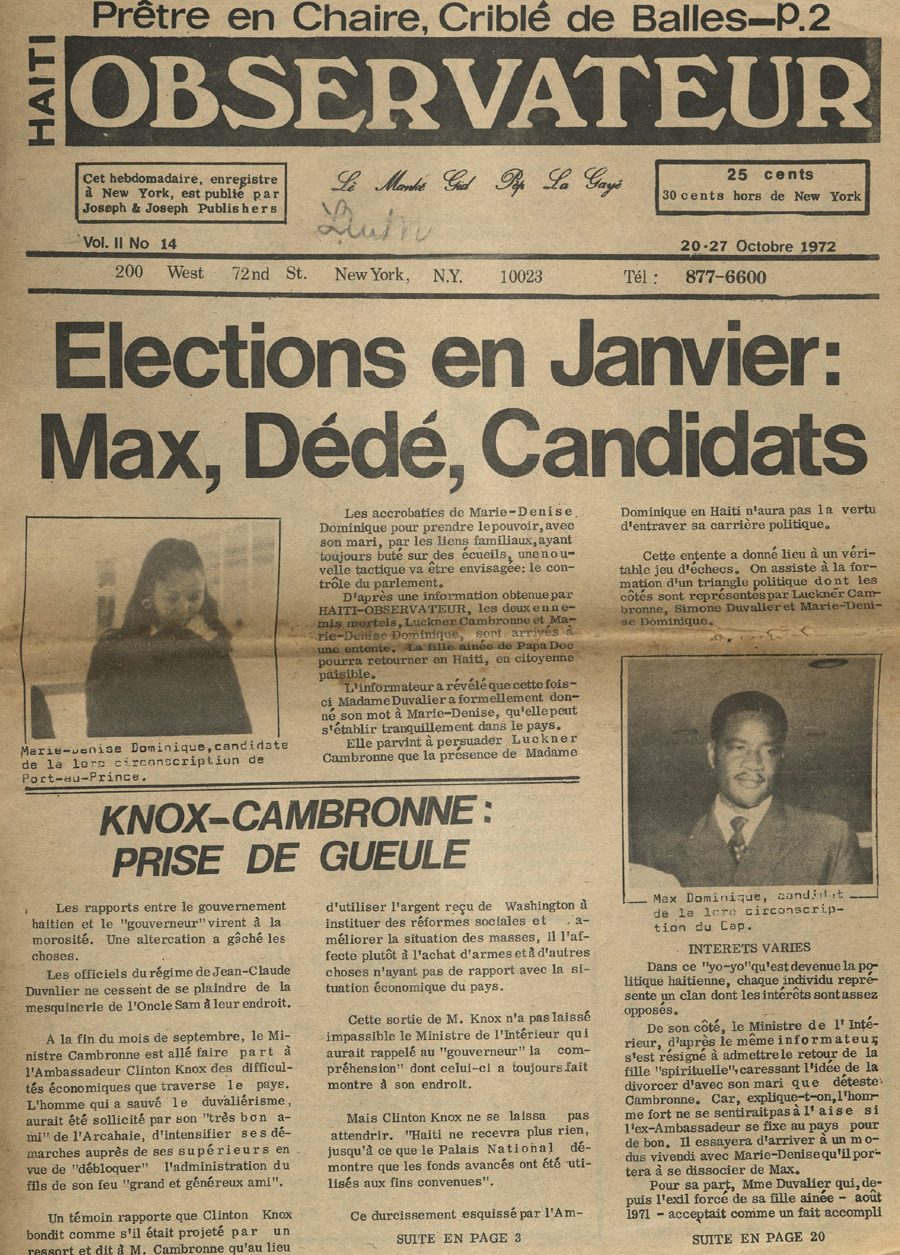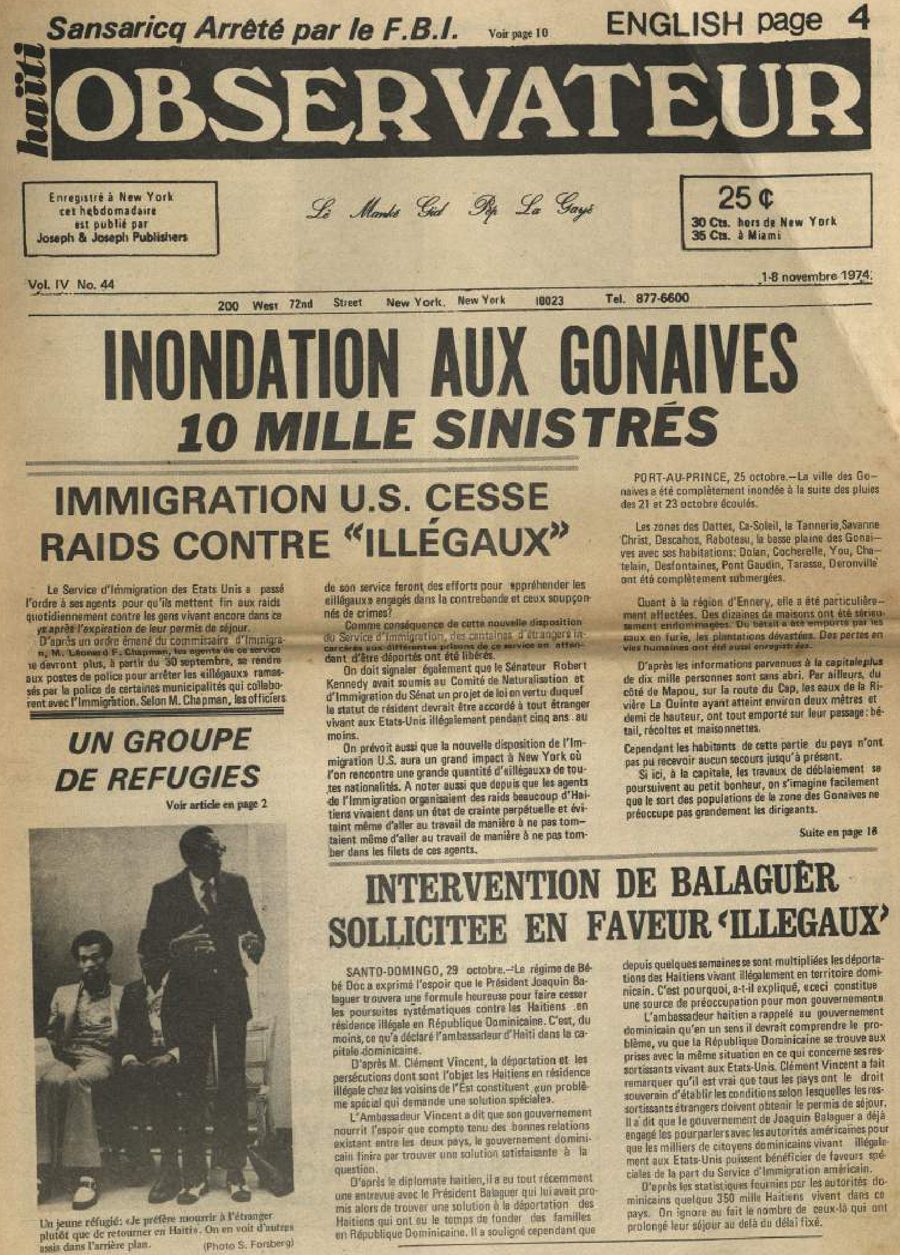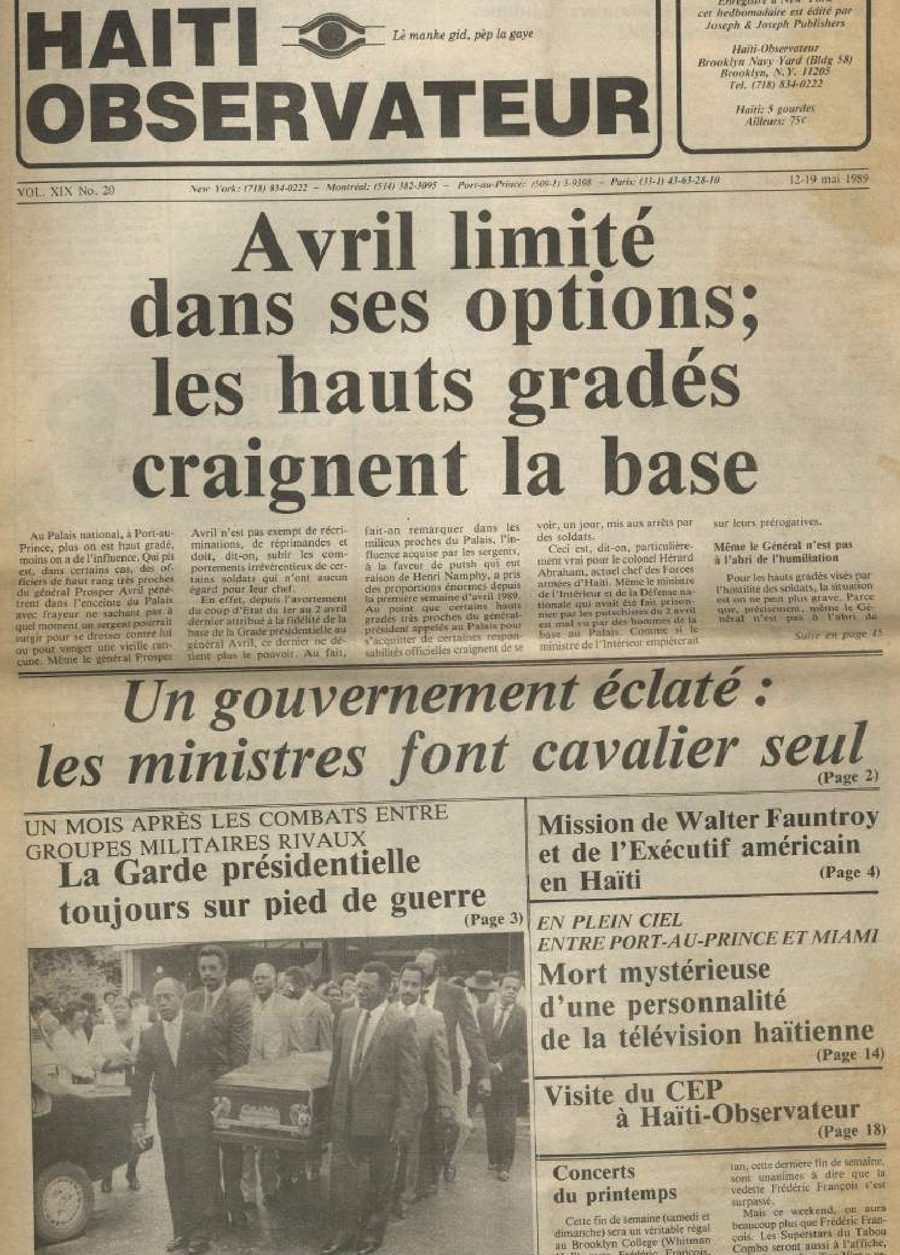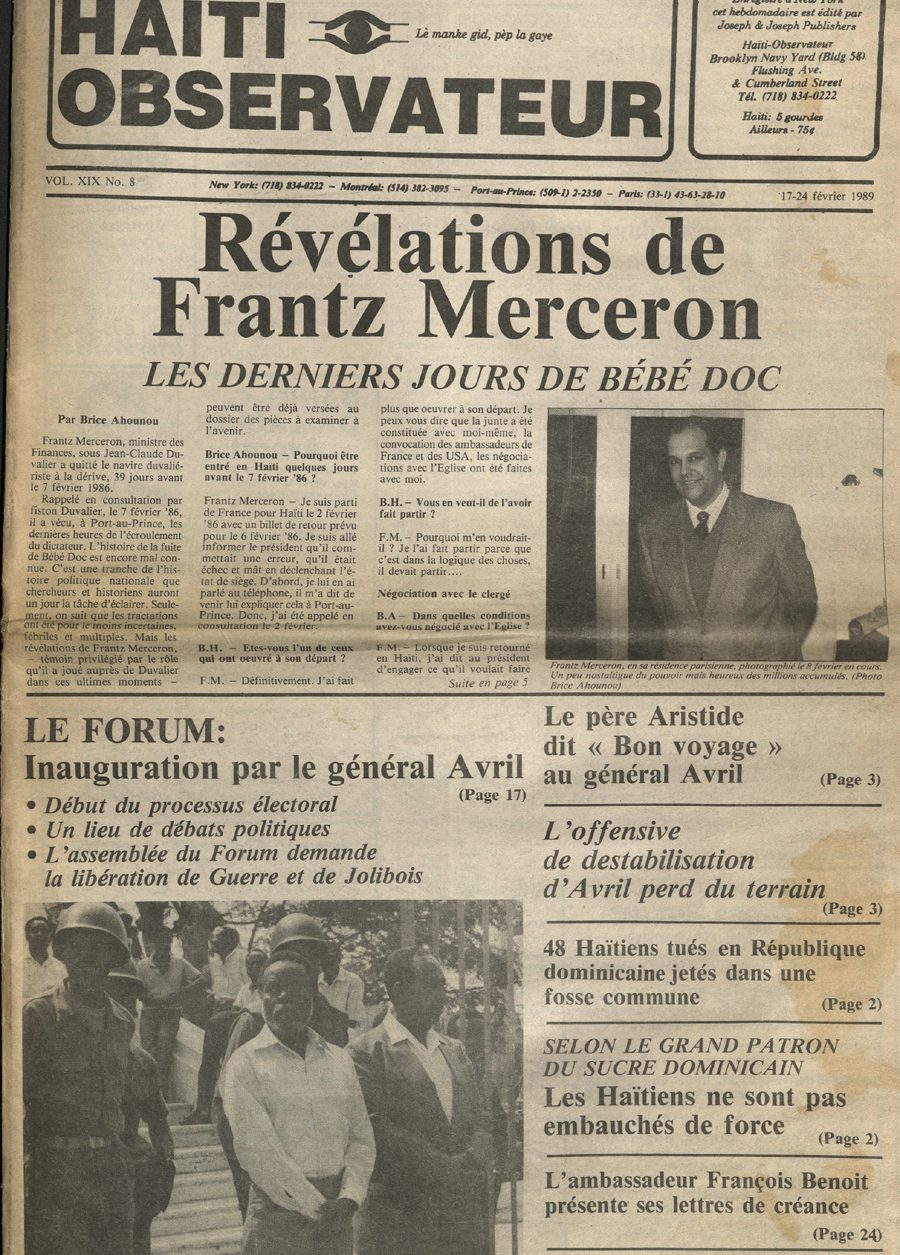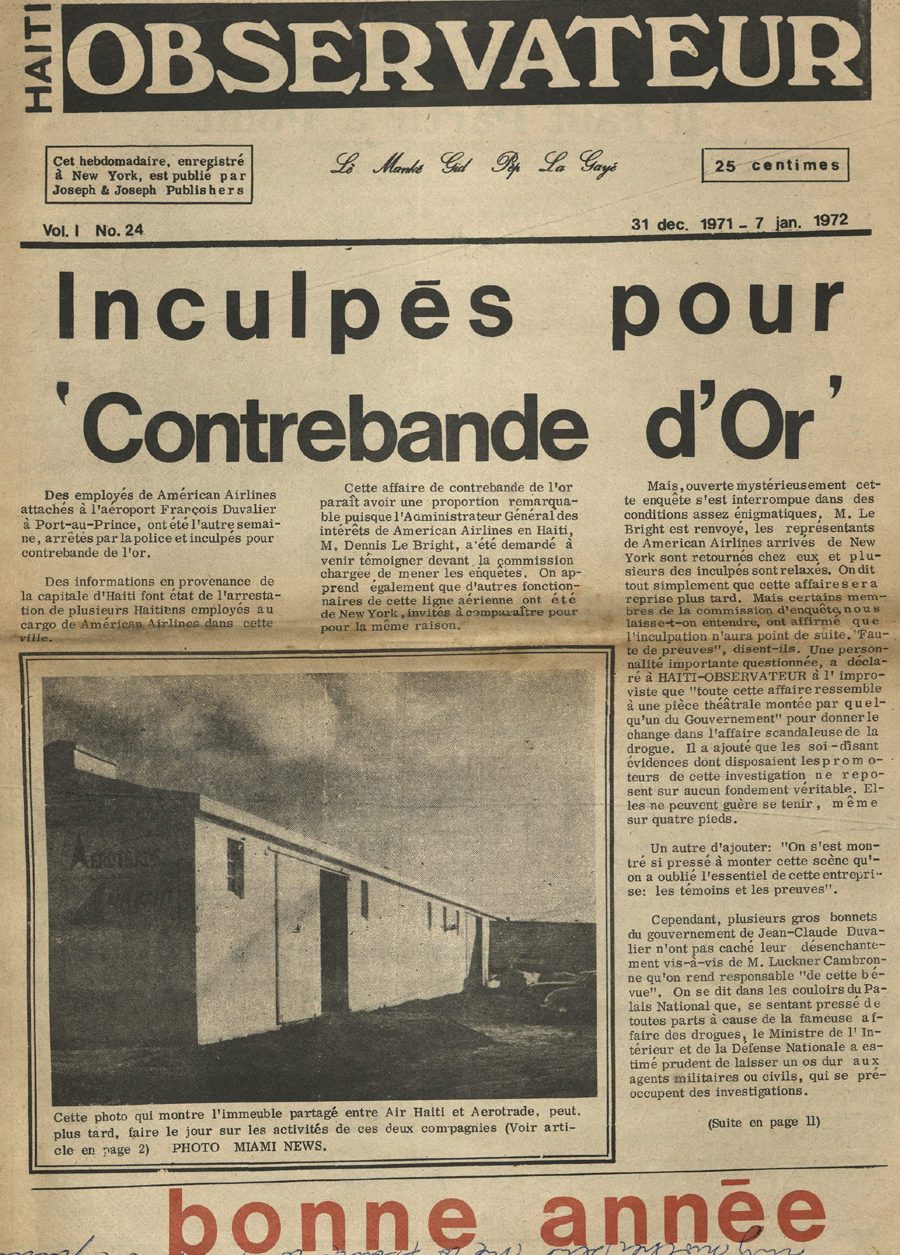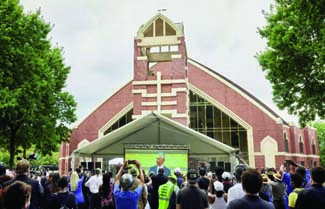
HAPPENINGS
- Inspiring a coalition for change even after his death
It happened last Thursday, July 30, in Atlanta, Georgia, where the funeral of Congressman John Lewis drew three of the four past presidents still living and a letter from the fourth who, due to his 95 years, is understandably in confinement in this era of COVID-19. In addition, the presence of other high political personalities added to the solemnity of the occasion at the historic Ebenezer Baptist Church, where the Rev. Martin Luther King ministered.
In the three weeks since he died in Atlanta, Ga., on July 17, the young man from humble beginnings in Troy, Alabama, where he was born on February 21, 1940, John Robert, was honored at various ceremonies: In the State where he was born and almost lost his life on March 7, 1965 on the Edmund Pettus Bridge while marching for justice; in Washington, D.C. where, in his flag-draped casket, the hearse drove by several institutions. Among them the African American museum that he lobbied for and were built; and he was laid in State for two days at the Capitol, where, for 33 years, he represented the fifth Congressional district of Georgia. Similarly, he laid in State in Atlanta, Georgia’s capital before the elaborate funeral of last Thurs day.
In death, we learn much about John Lewis from the speeches of Presidents George W. Bush, a Republican, and Bill Clinton, a Democrat and from the eulogy of President Barack Obama, another Democrat. Not a word from the current President who, nevertheless, had ordered all flags to fly at half-staff for the day. He also issued a proclamation stating, this was “a mark of respect for the memory and longstanding public service” of the civil rights icon. However, the President Trump shunned any appearance at events having to do with John Lewis, not even in Washington where he laid in State and top Republicans, including Vice-President Mike Pence and Senate majority leader Mitch McConnell went.
Perhaps the president didn’t forgive John Lewis for his last act. The 80-year-old legislator, suffering for some time from a cancer of the pancreas, last visited Washington on June 7, to bring moral support to Mayor Muriel Bowser, the Black woman who had been in a war of words with the President of the United States about silencing protesters of the Black Lives Matter movement. He was there two days after the Mayor had inaugurated the BLACK LIVES MATTER Plaza, written in bright yellow letters in a street across from the White House, near the Lafayette Park. That’s the same park where protesters were gassed on orders of the president who, then, walked leisurely across it to go for his photo-op, holding a Bible, in front of the St. John’s Episcopal Church; John Lewis was at the spot being photographed with Mayor Bowser. One could say his last act of “Good Trouble,” a phrase that defined him.
We also think that the conclusion of his speech at the Civil Rights Great March on Washington on August 28, 1963, when he was only 23 years old and the youngest speaker, is very appropriate for the times in which we live. Therefore, beyond the grave, John Lewis himself speaks:
“They’re talking about slow down and stop. We will not stop. Not all of the forces of Eastland, Barnett, Wallace and Thurmond will stop this revolution. If we do not get meaningful legislation out of the Congress, the time will come when we will not confine our marching to Washington. We will march through the South, through the streets of Cambridge, through the streets of Birmingham. However, we will march with the spirit of love and with the spirit of dignity that we have shown here today. By the force of our demands, our determination, and our numbers, we shall splinter the segregated South into a thousand pieces and put them together in the image of God and democracy. We must say, ‘Wake up America! Wake up!’ For we cannot stop, and we will not and cannot be patient.” Amen!
Read below—or on adjoining pages ― the speeches of Presidents Bush and Clinton, the eulogy of President Obama, as well as the letter of President Jimmy Carter which was read at the Ebenezer church.
Here’s a link to President Obama’s eulogy: https://www.forbes.com/sites/jo shuadudley/2020/07/31/nowyou-can-listen-to-barack-obamas-speech-at-john-lewisfuneral-service-on-spotify/.
In addition, for speeches by John Lewis to better understand his work and legacy: https://www.vox.com/2020/7/18 /21329556/john-lewis-speeches.
Cet article est publié par l’hebdomadaire Haïti-Observateur-New York, édition du 5 août 2020, VOL. L No. 30 et se trouve en P.1, 13 : http://haiti-observateur.info/wp-content/uploads/2020/08/h-o-5-aout-2020.pdf


